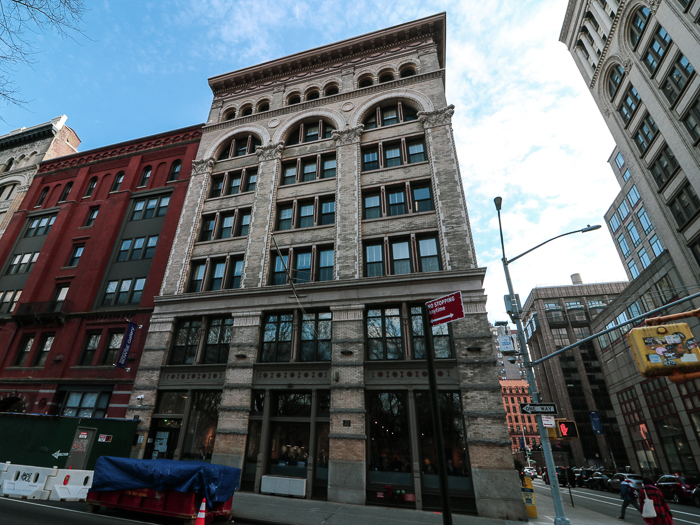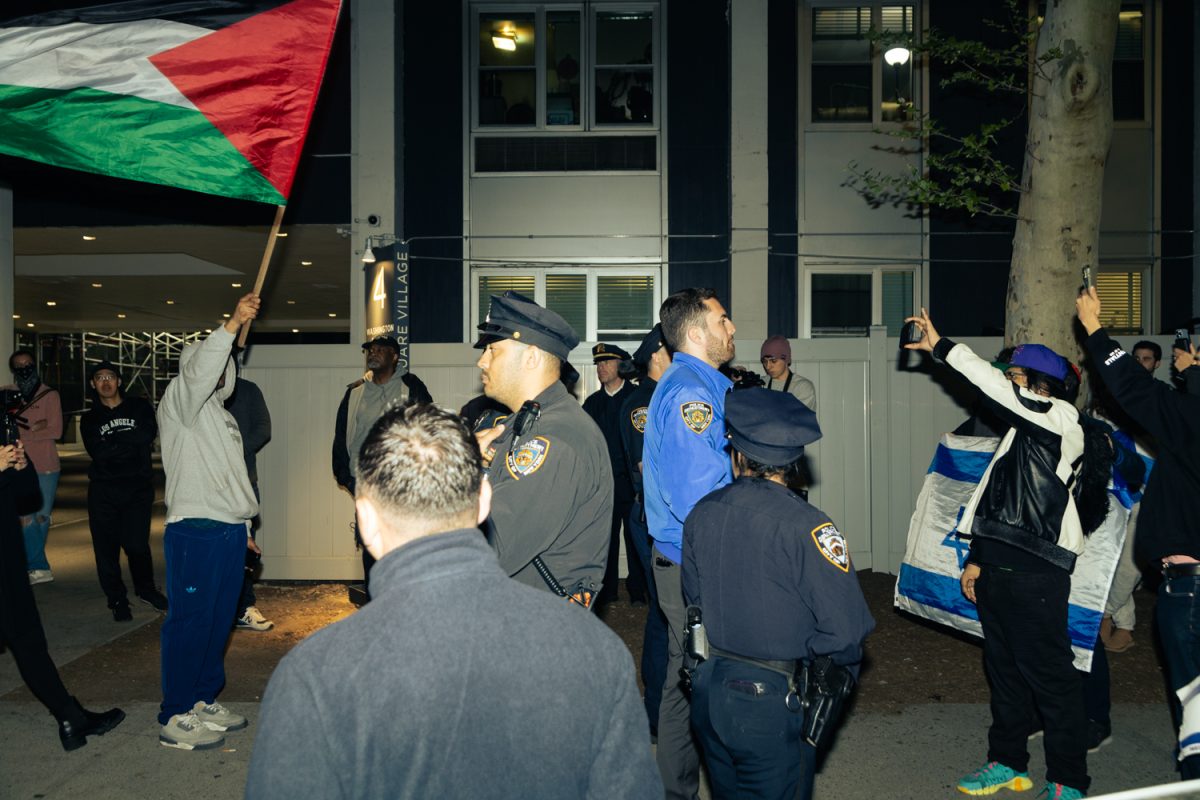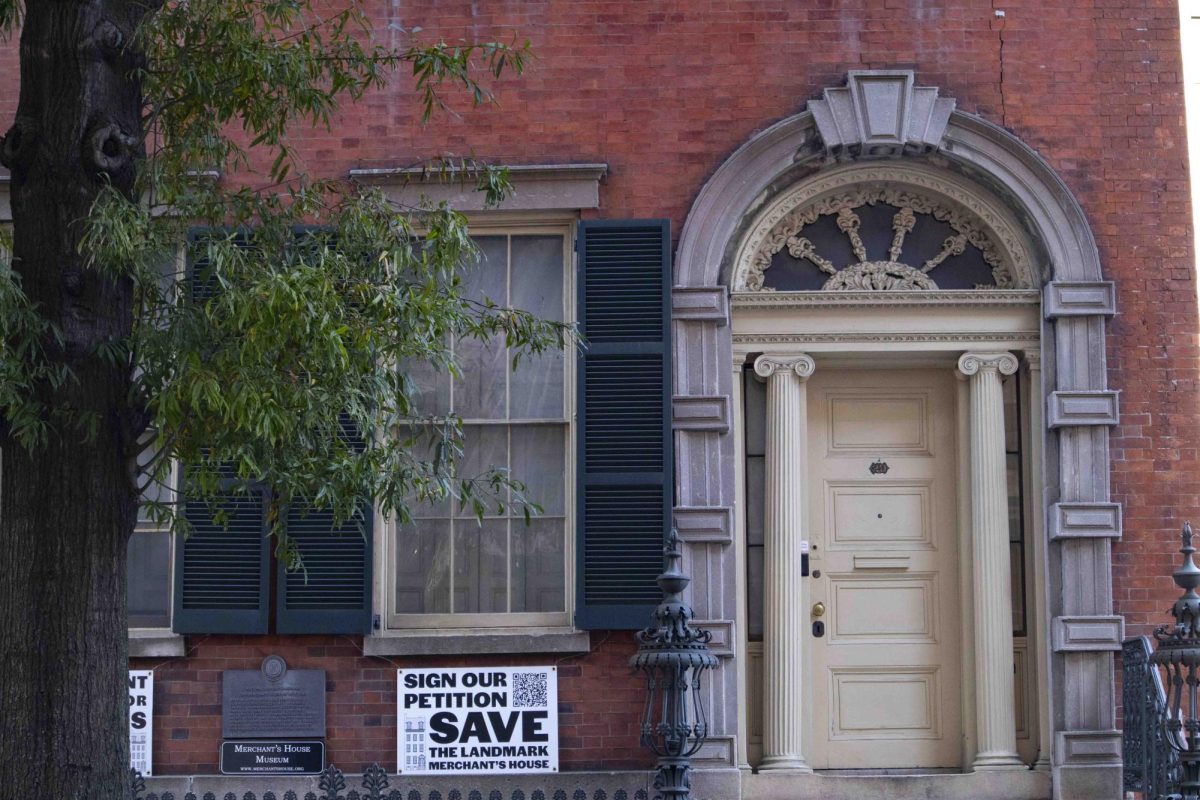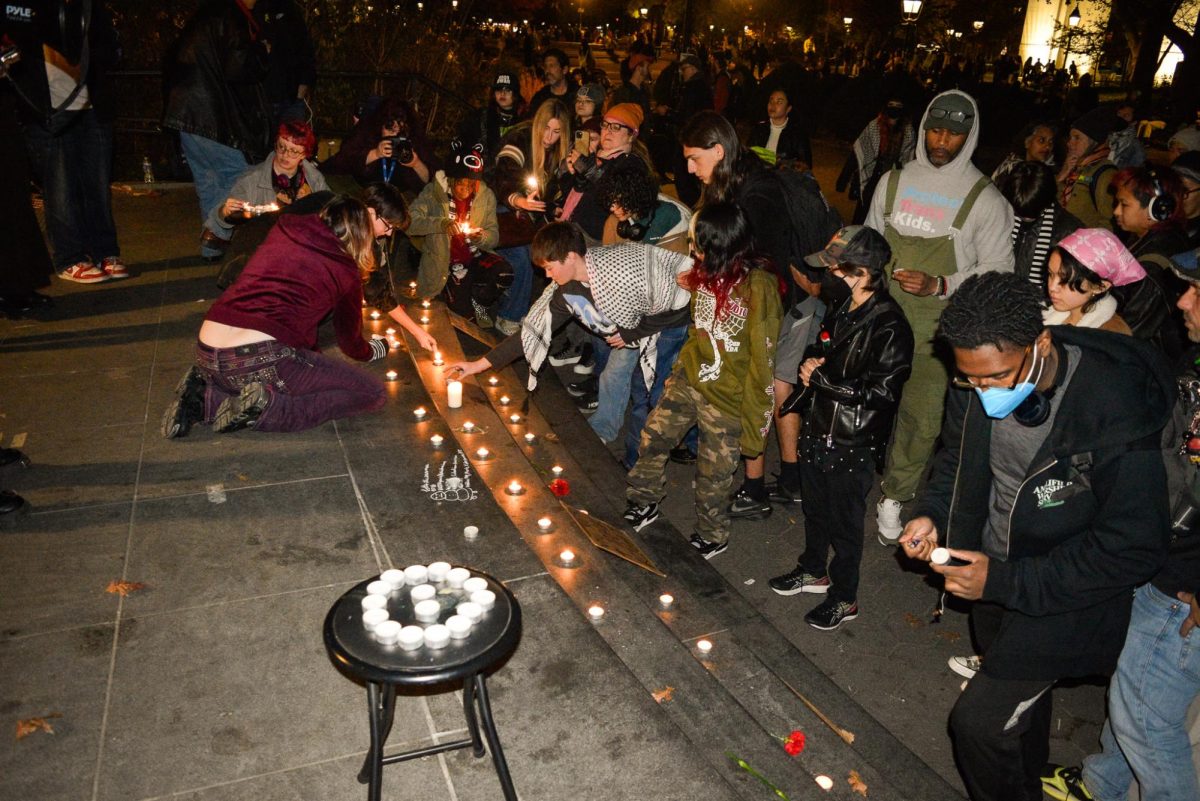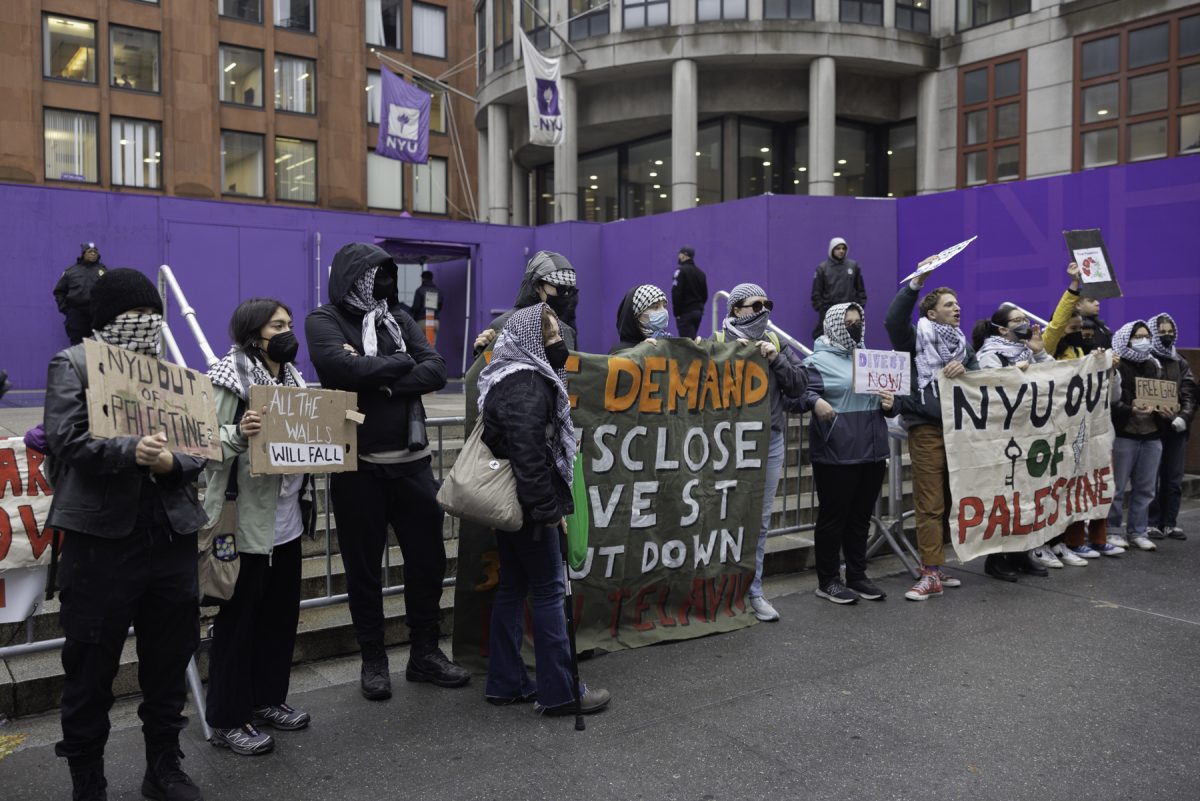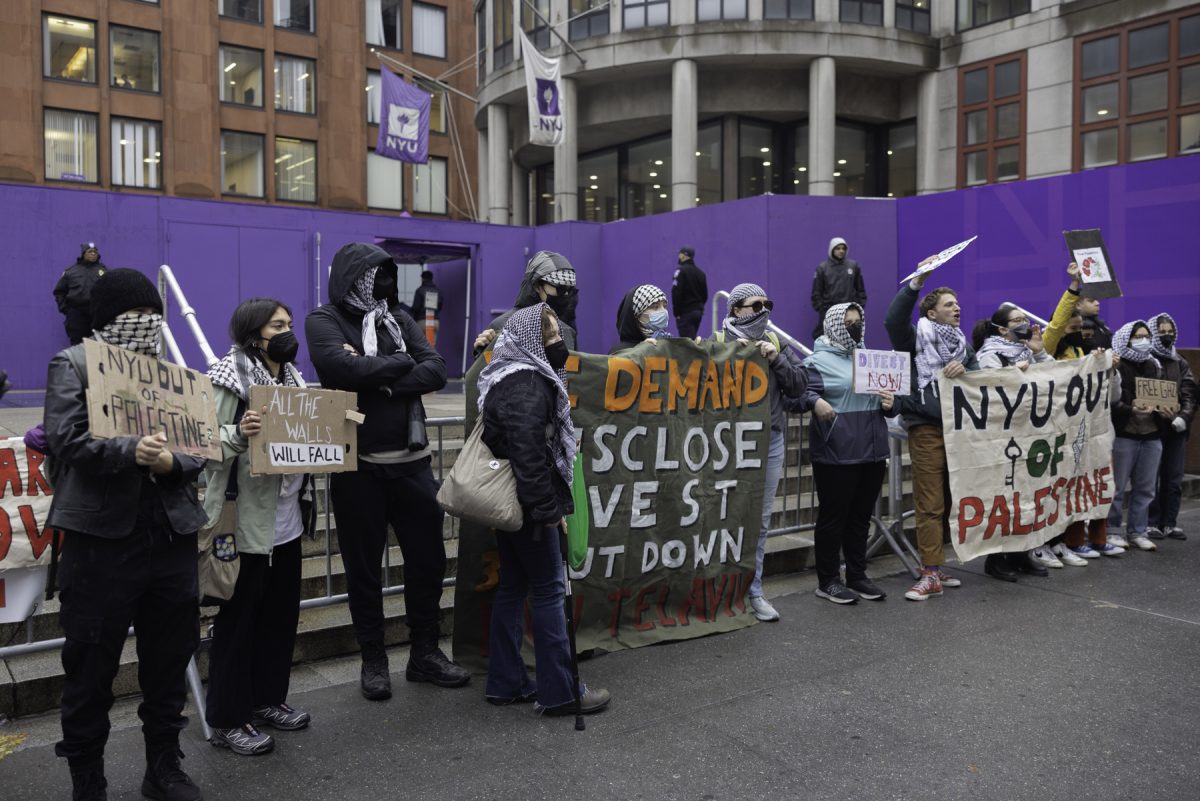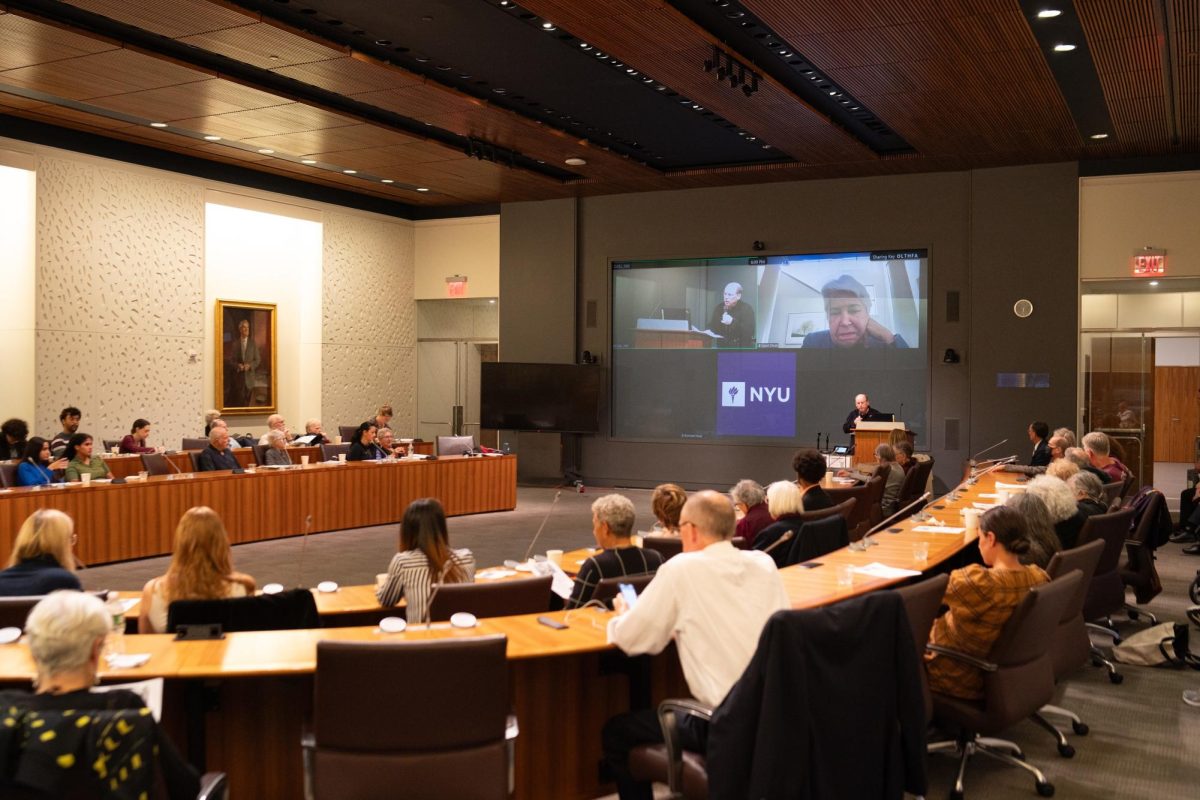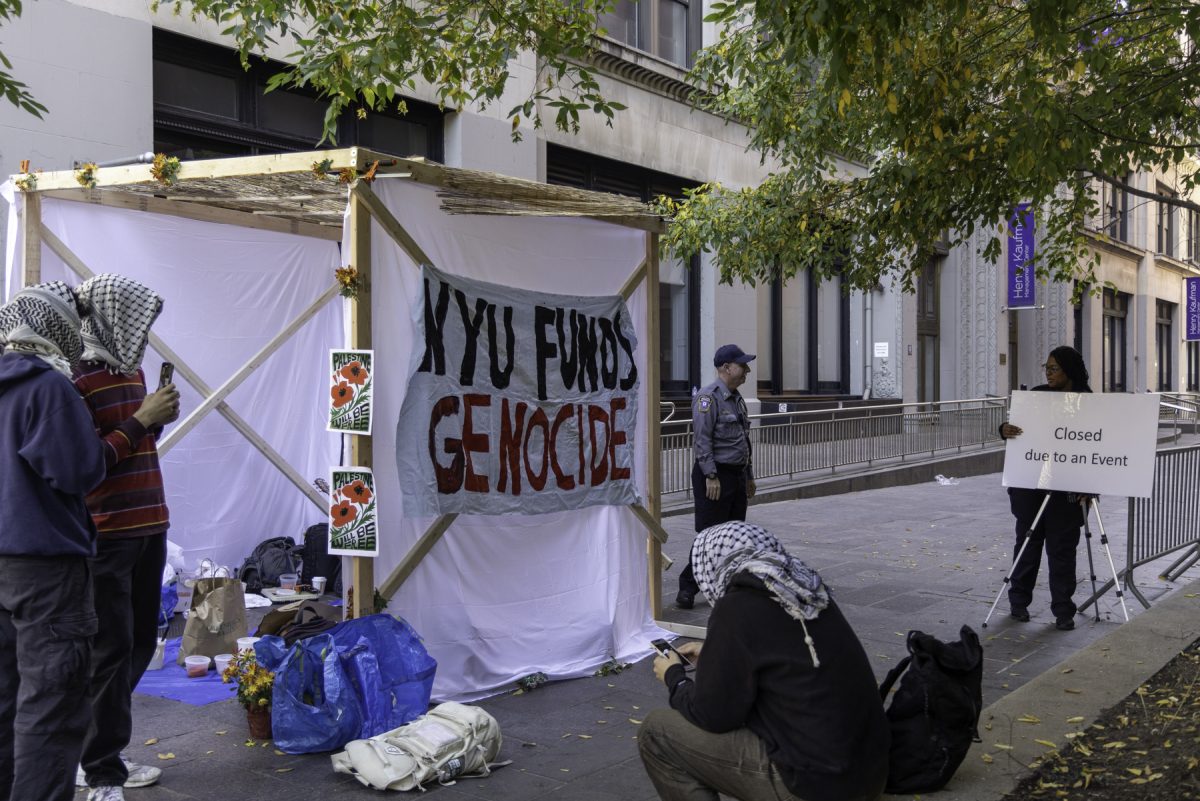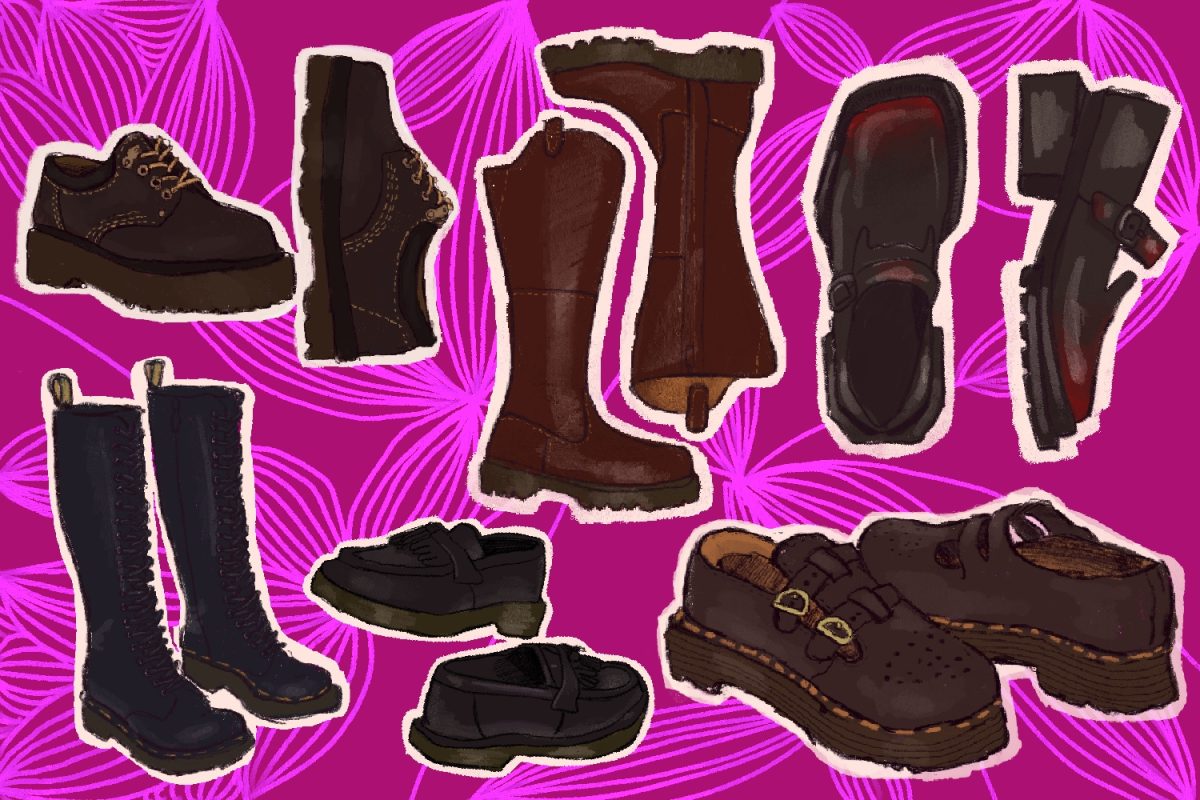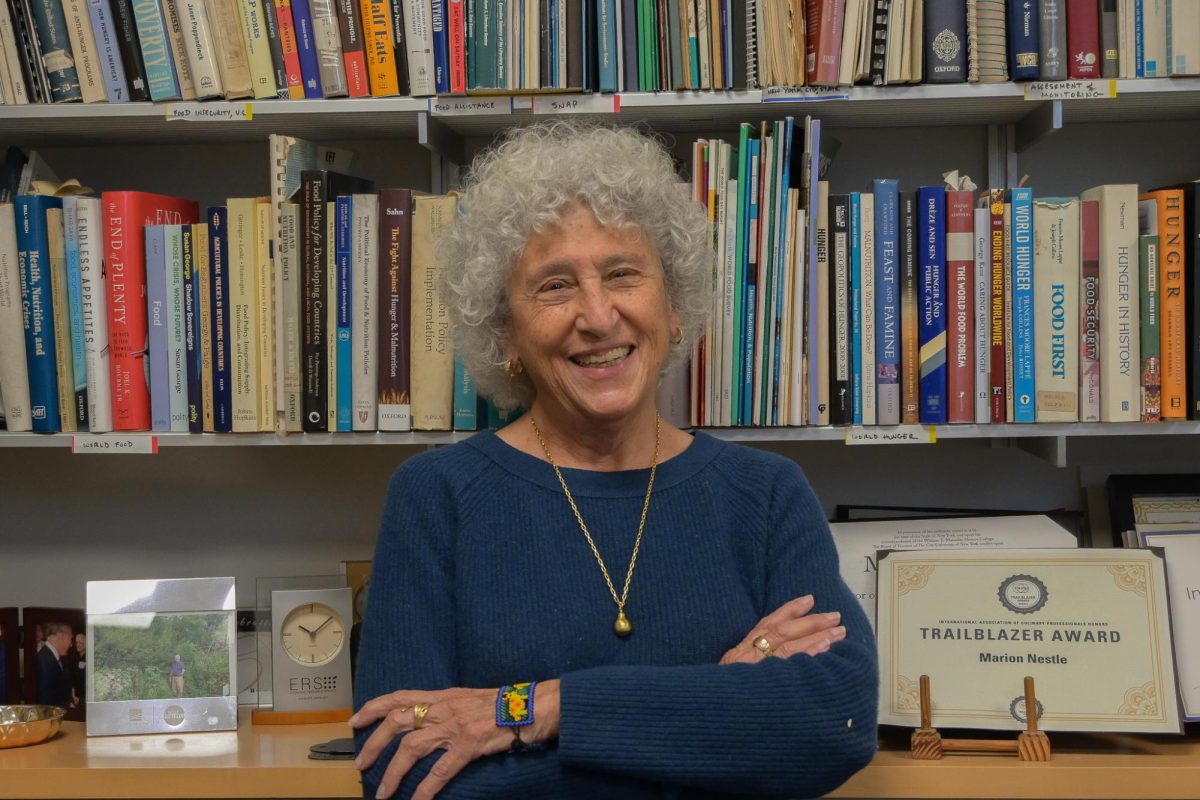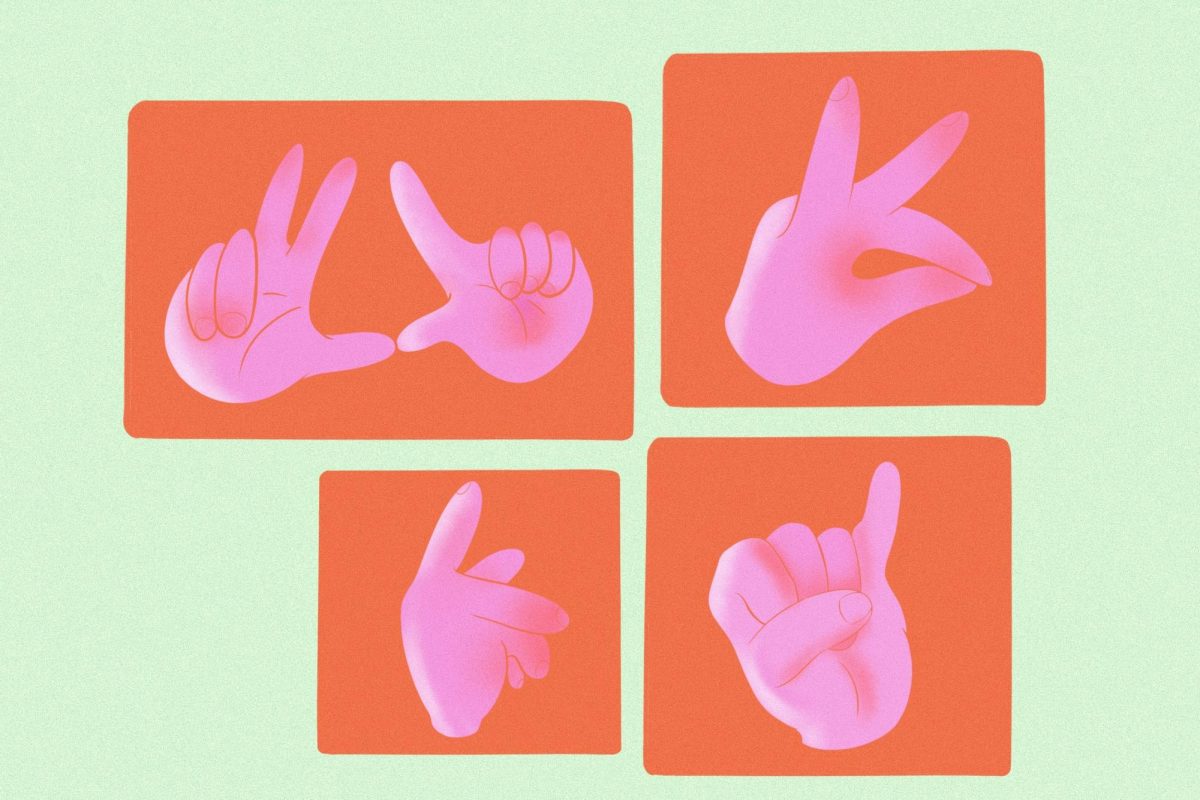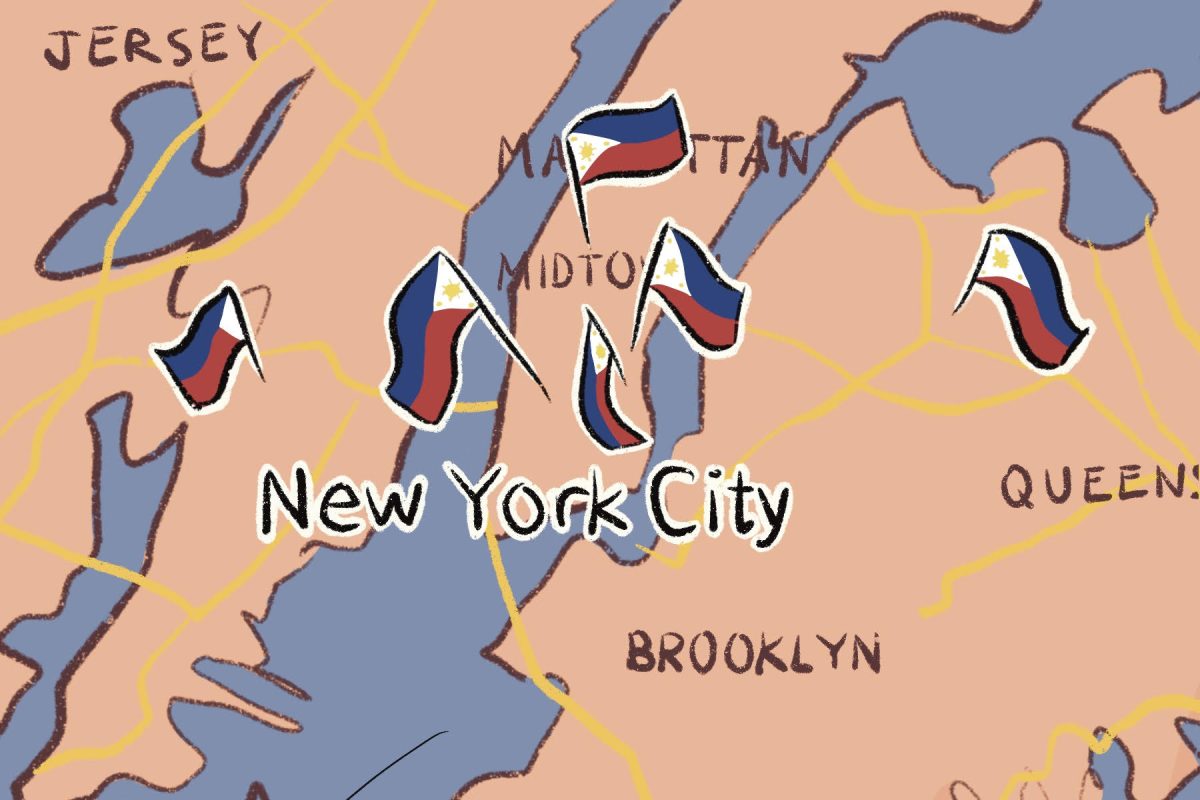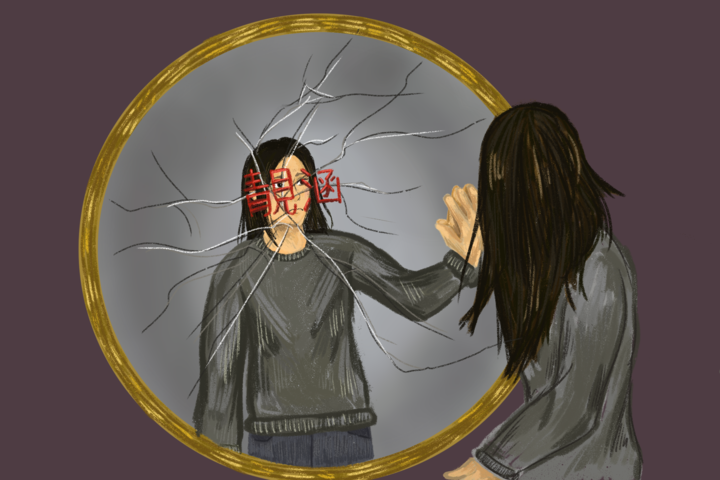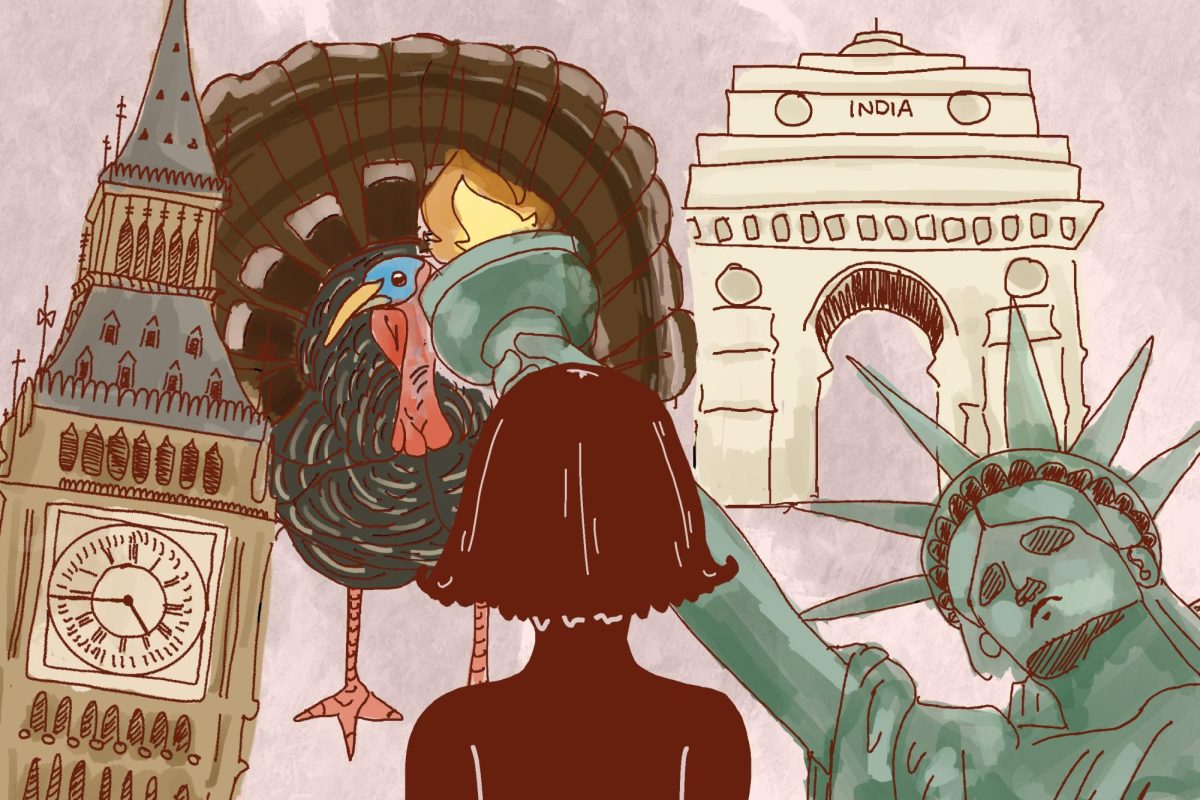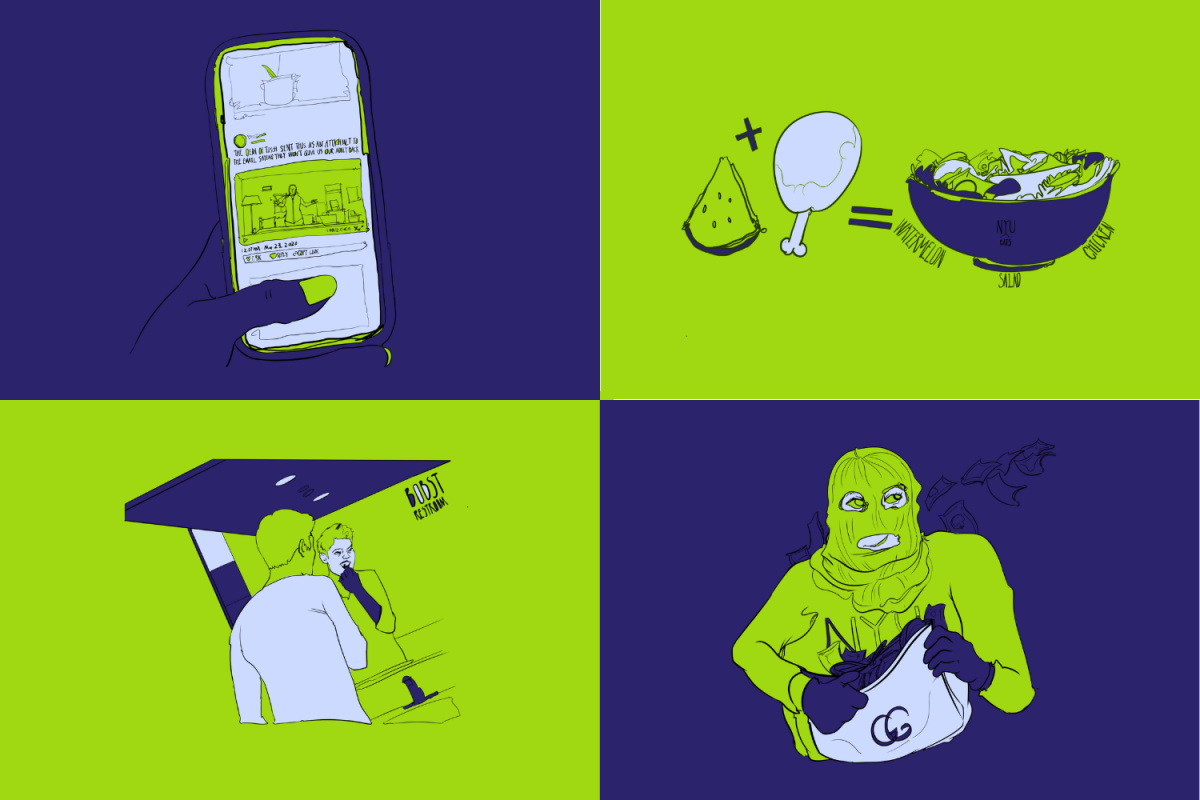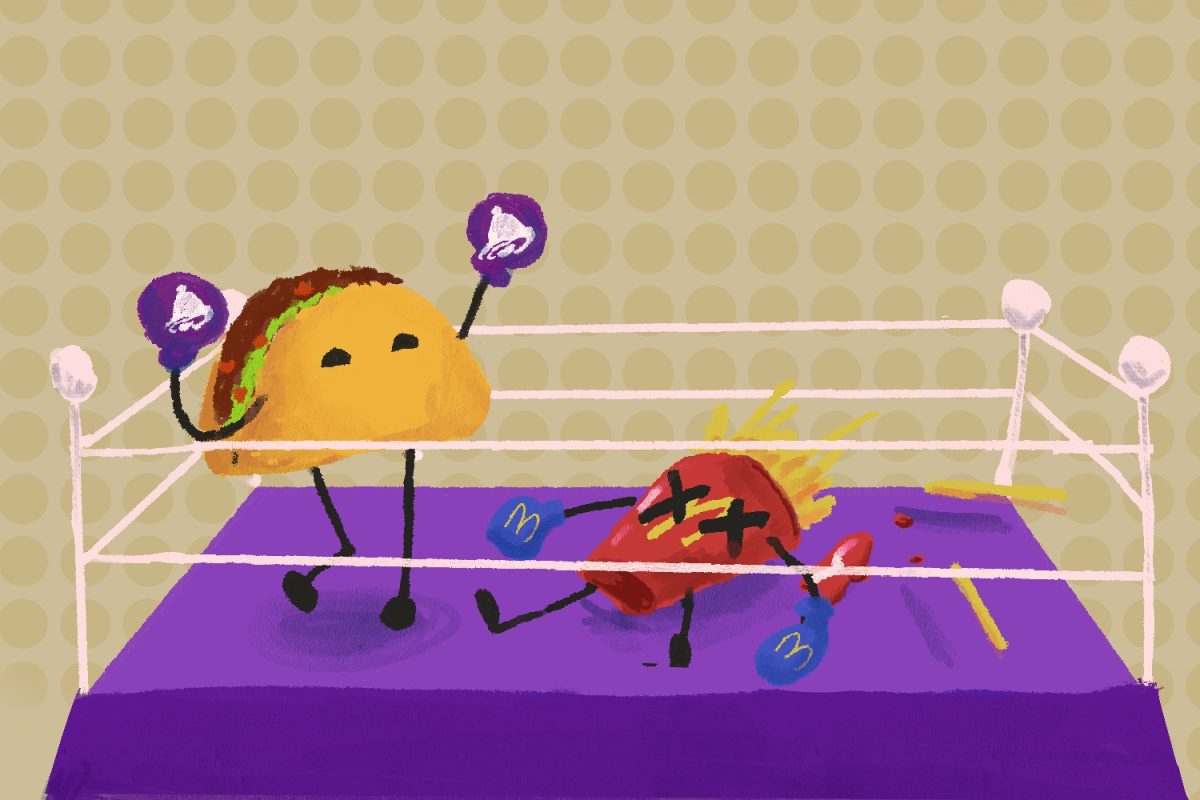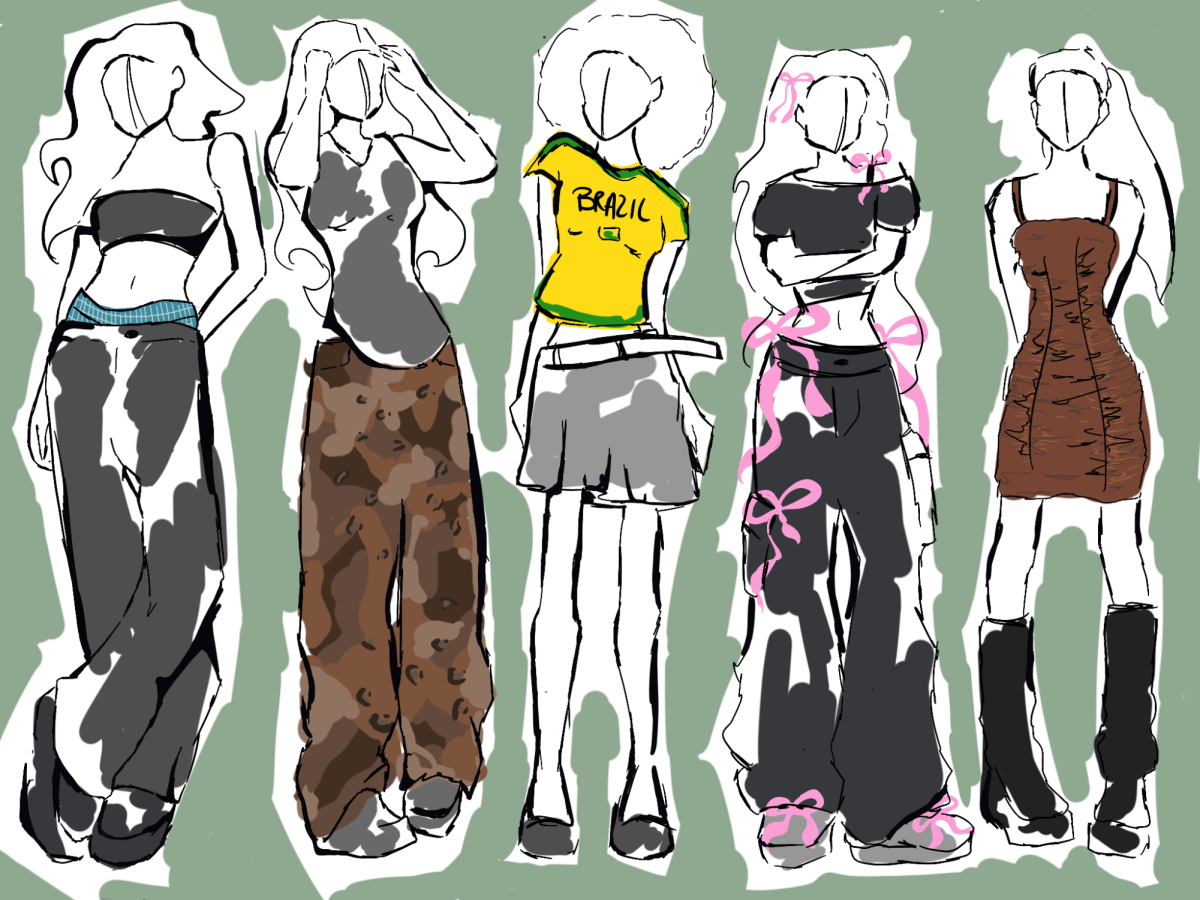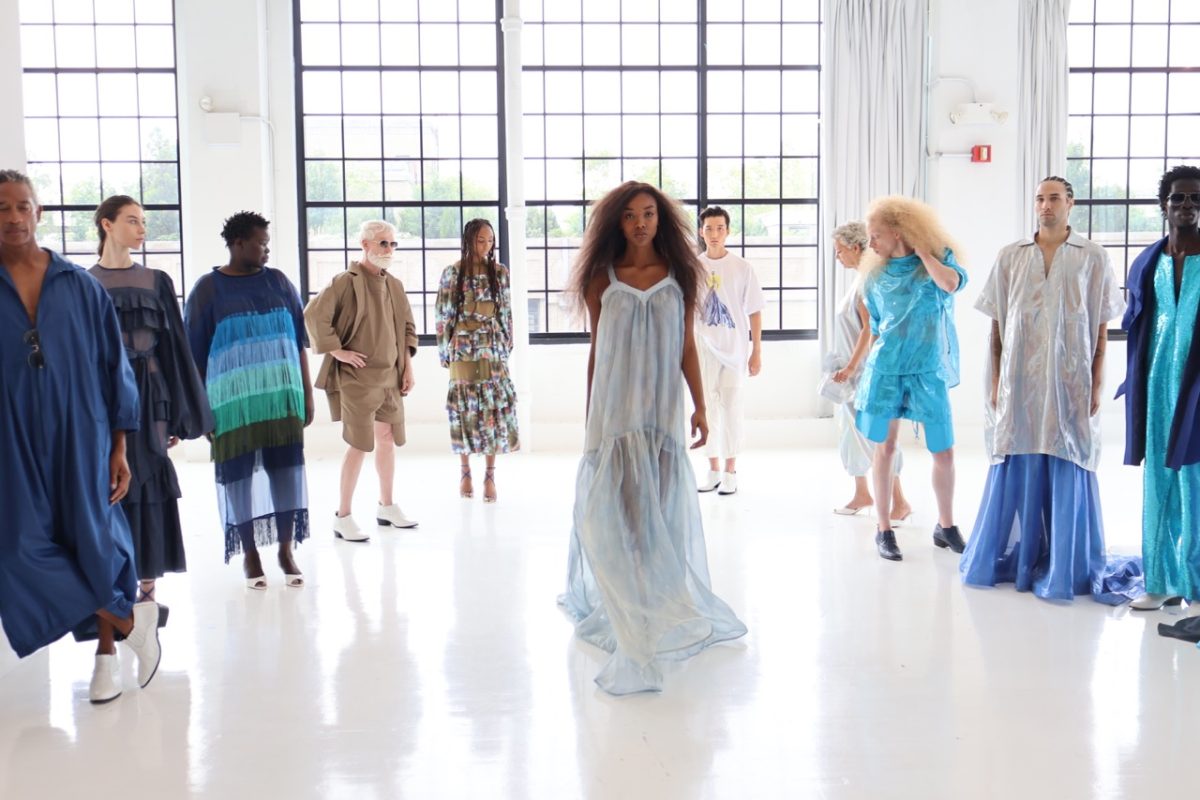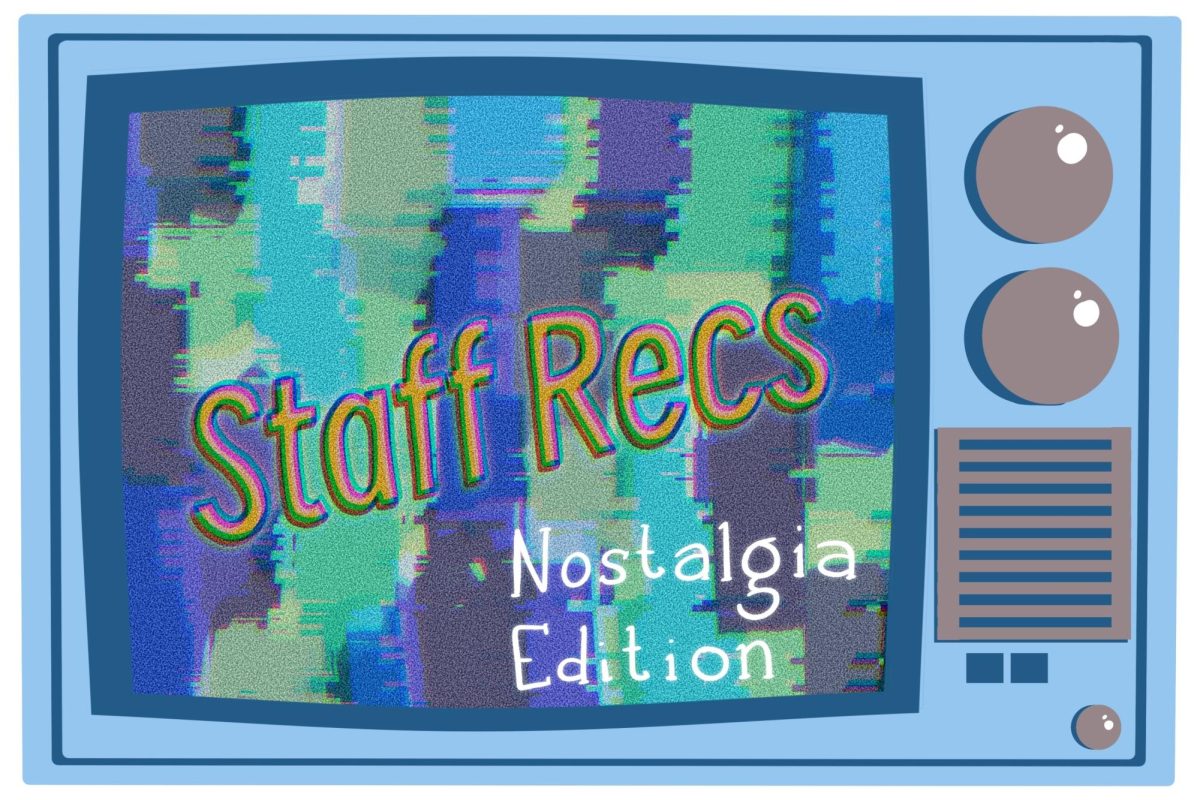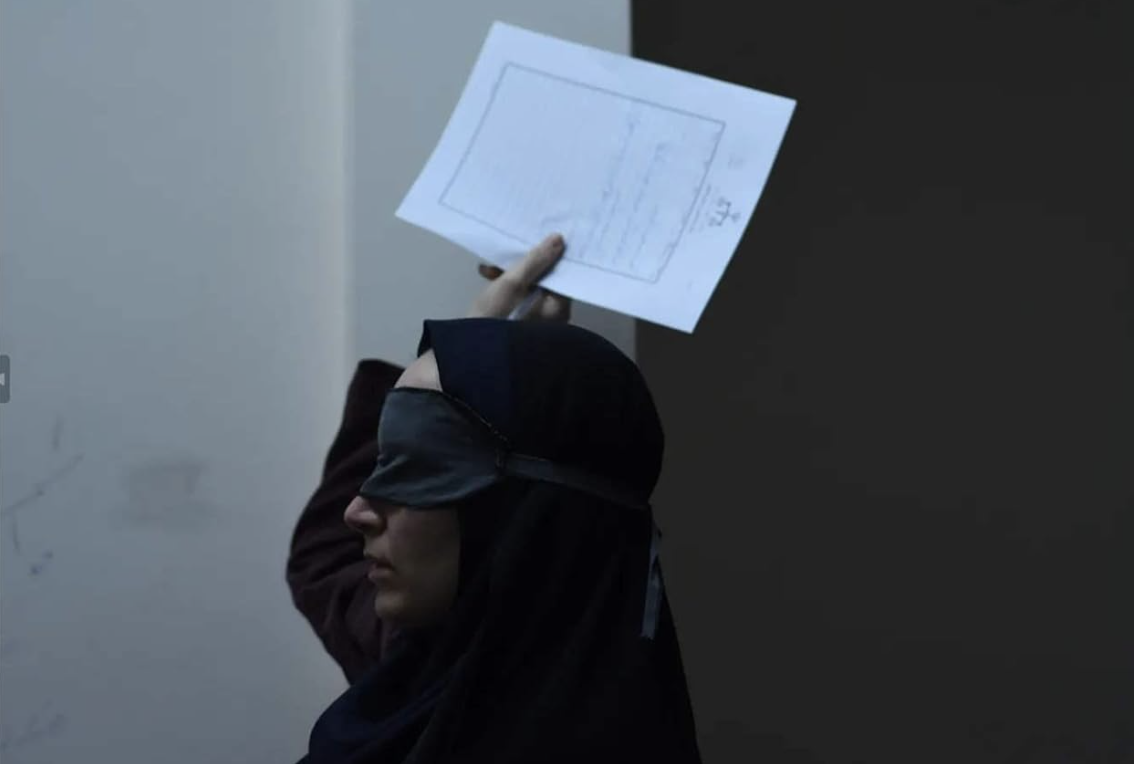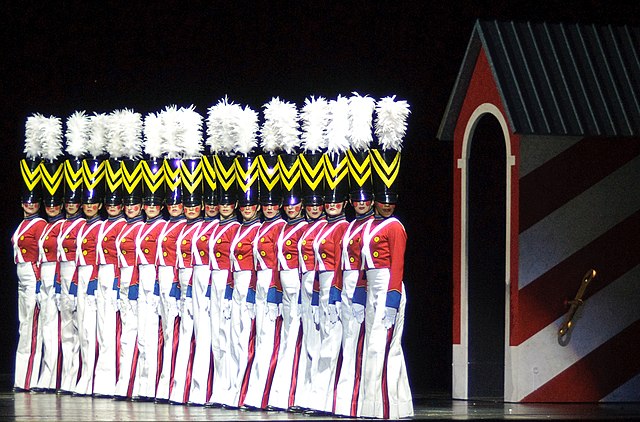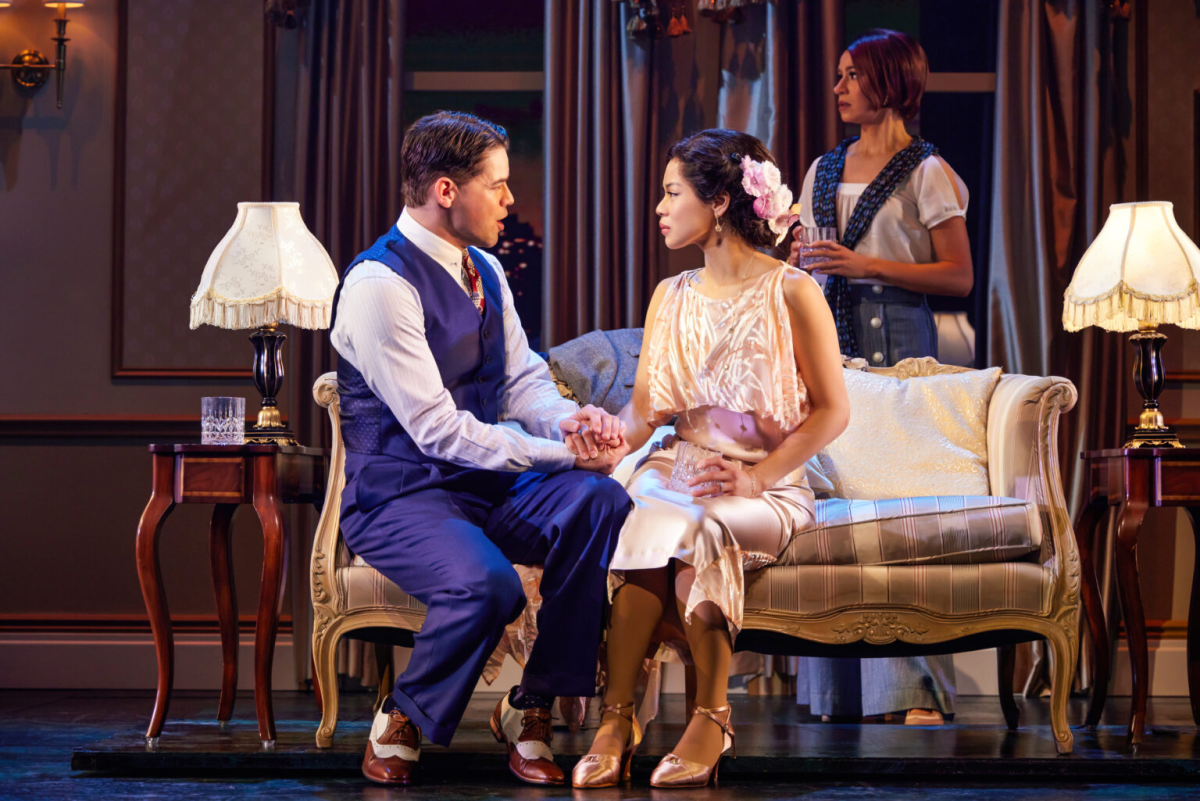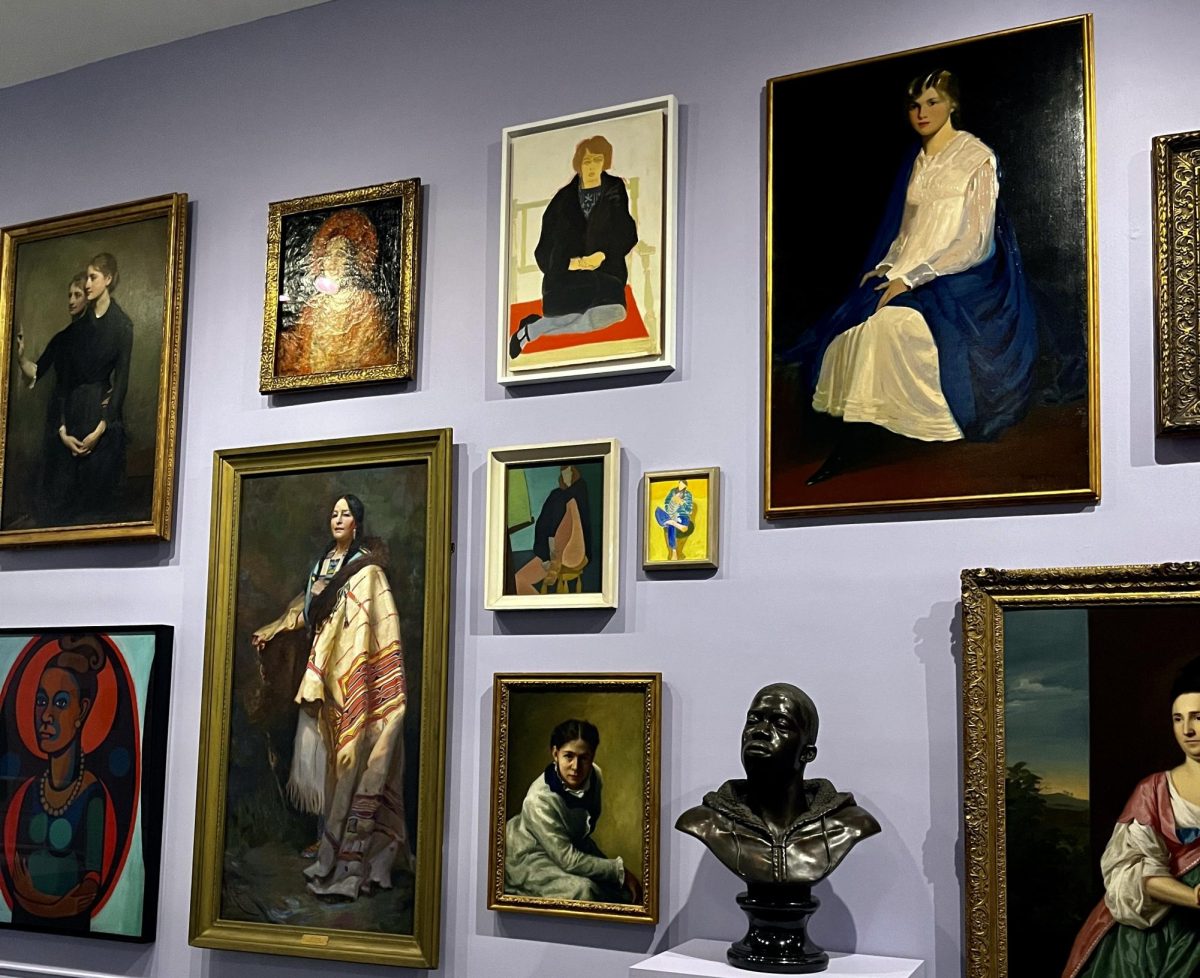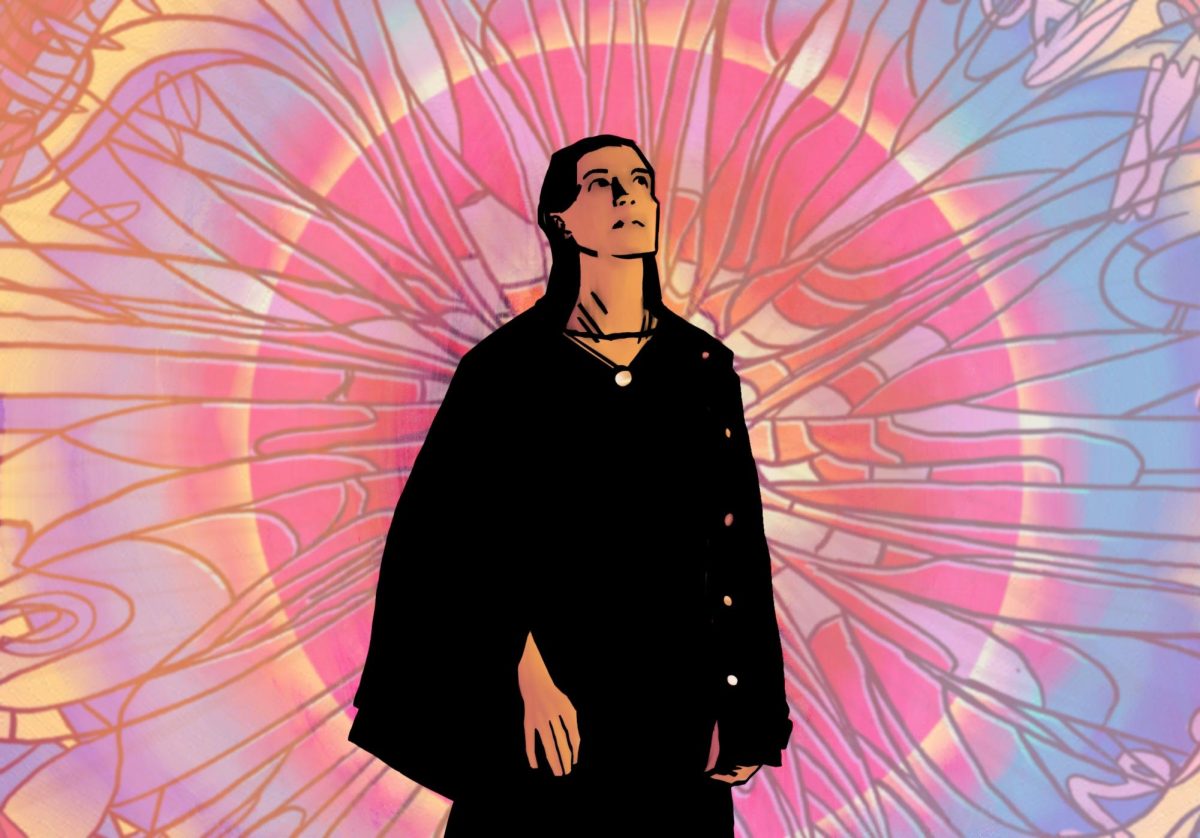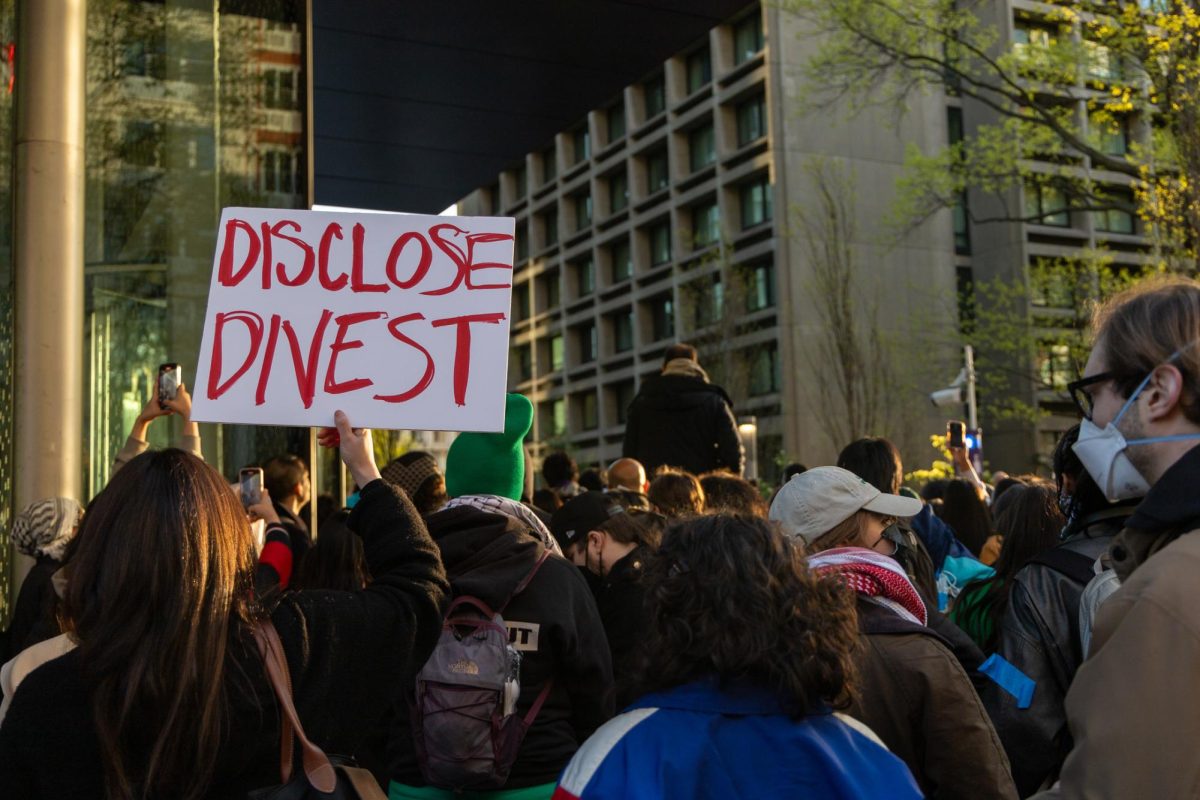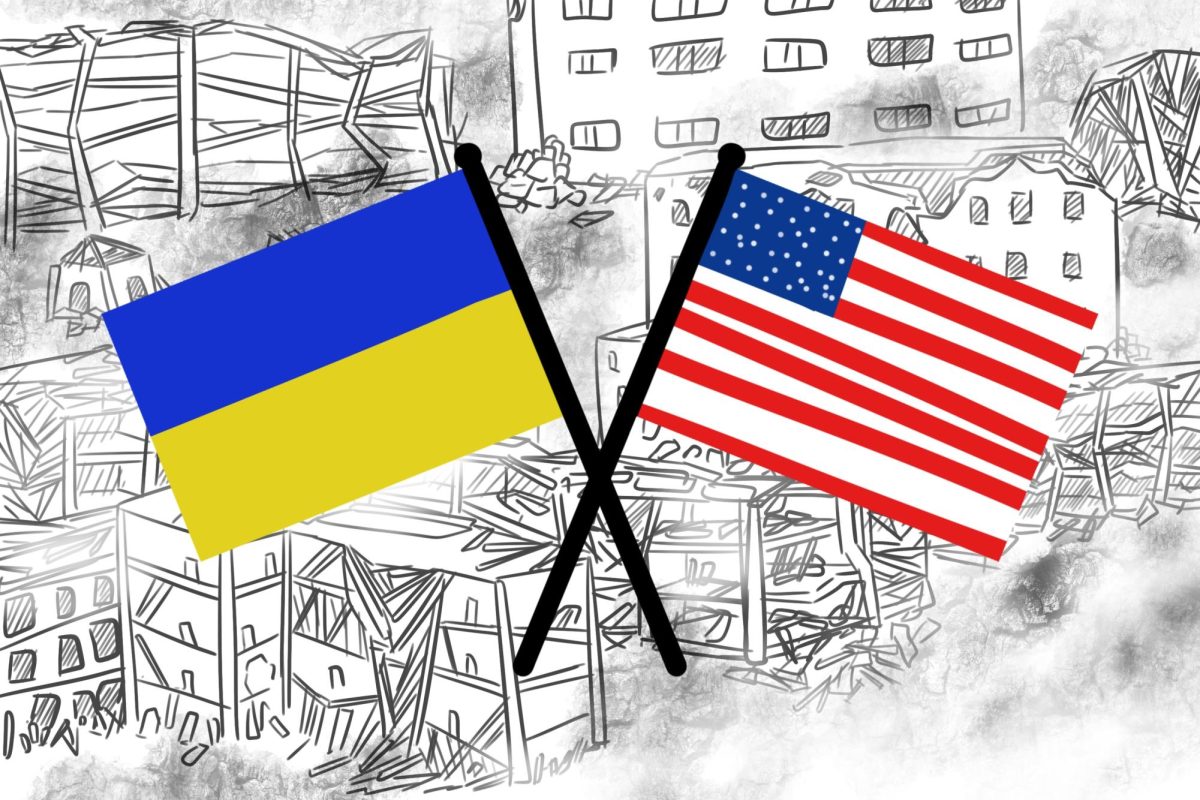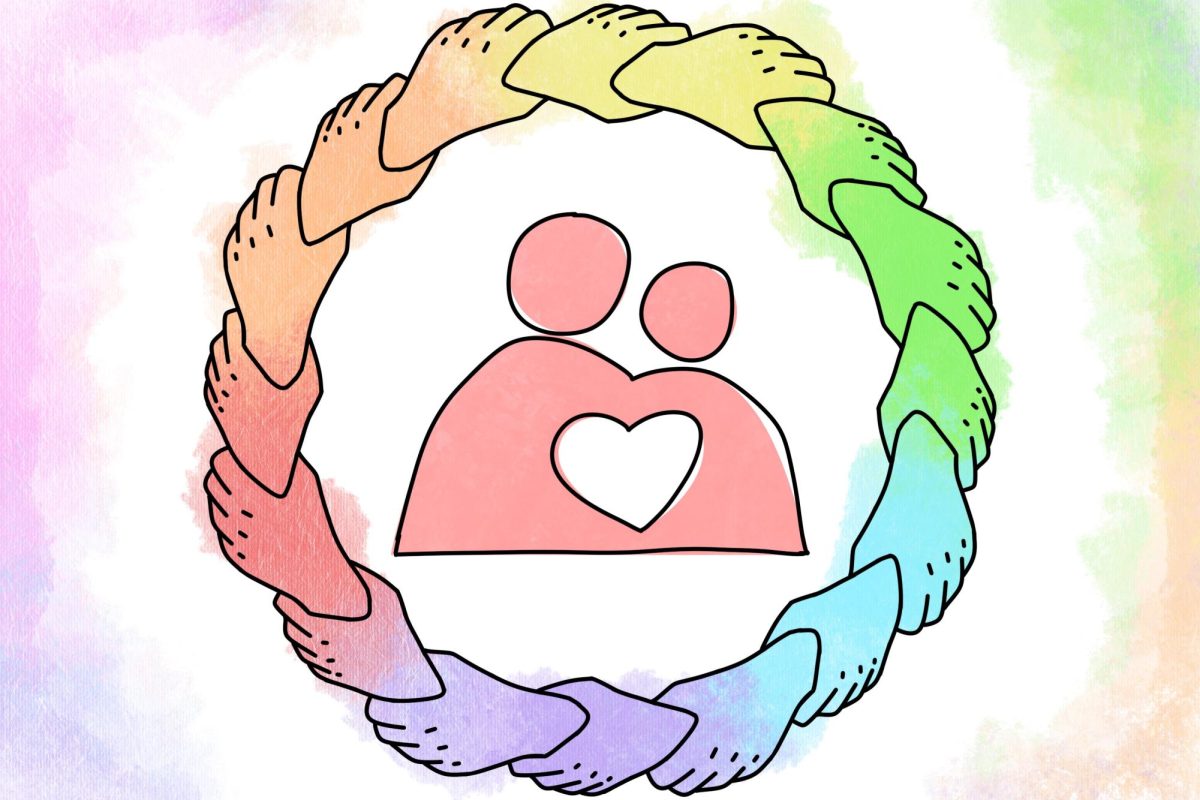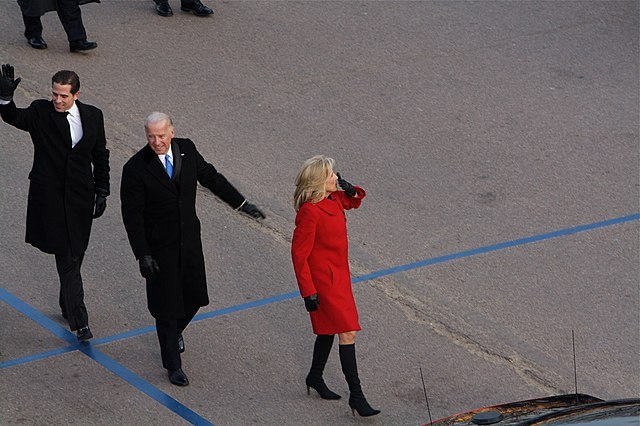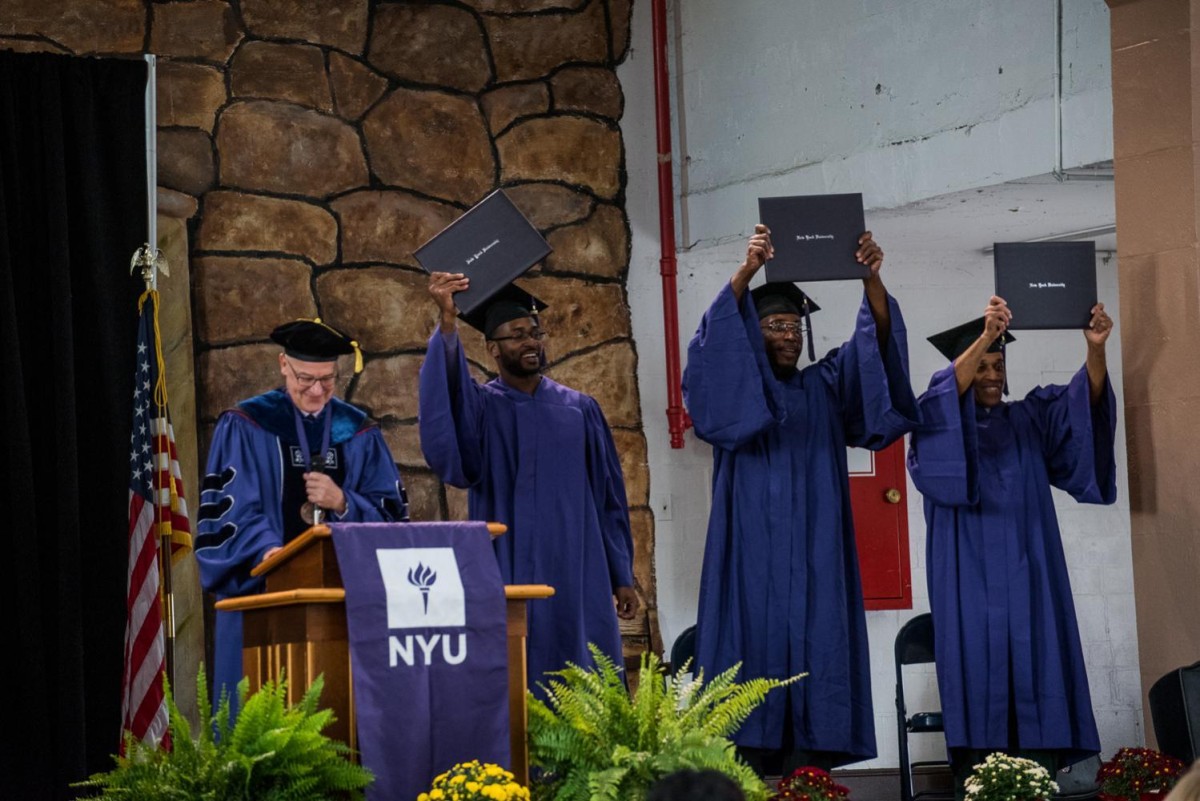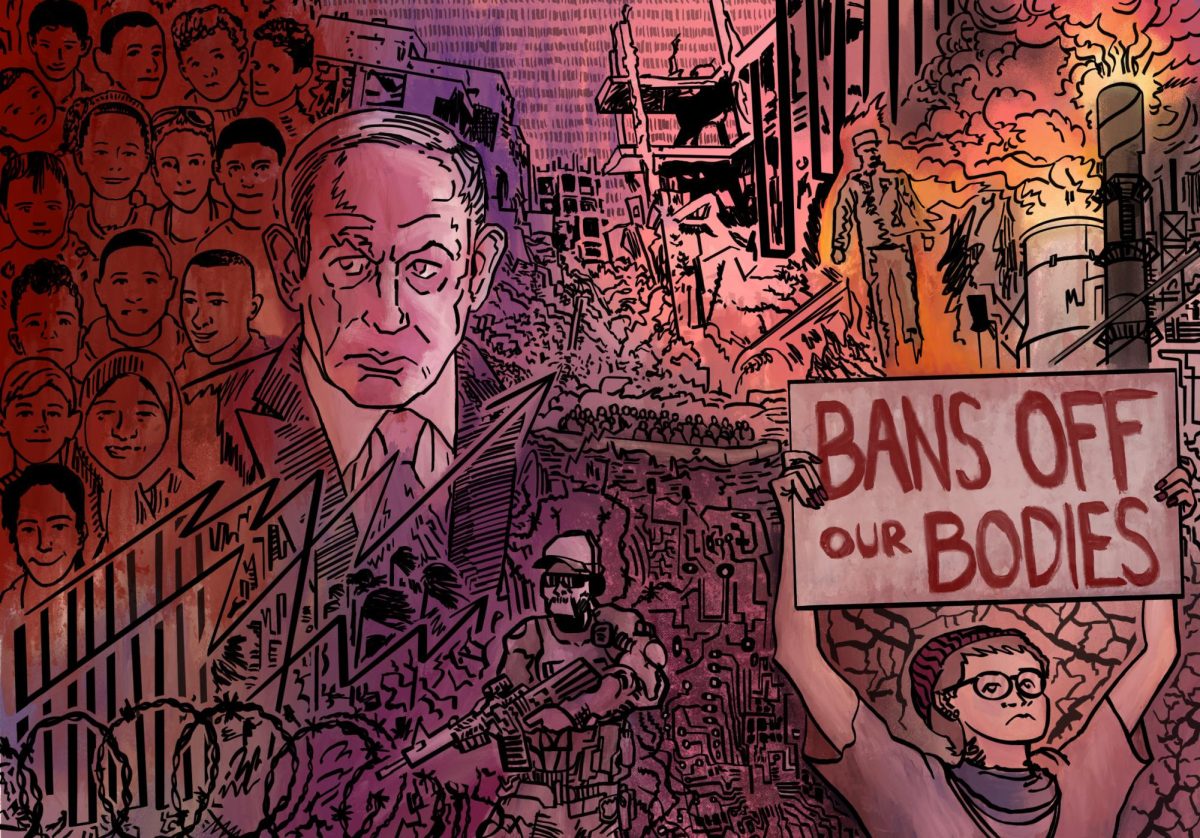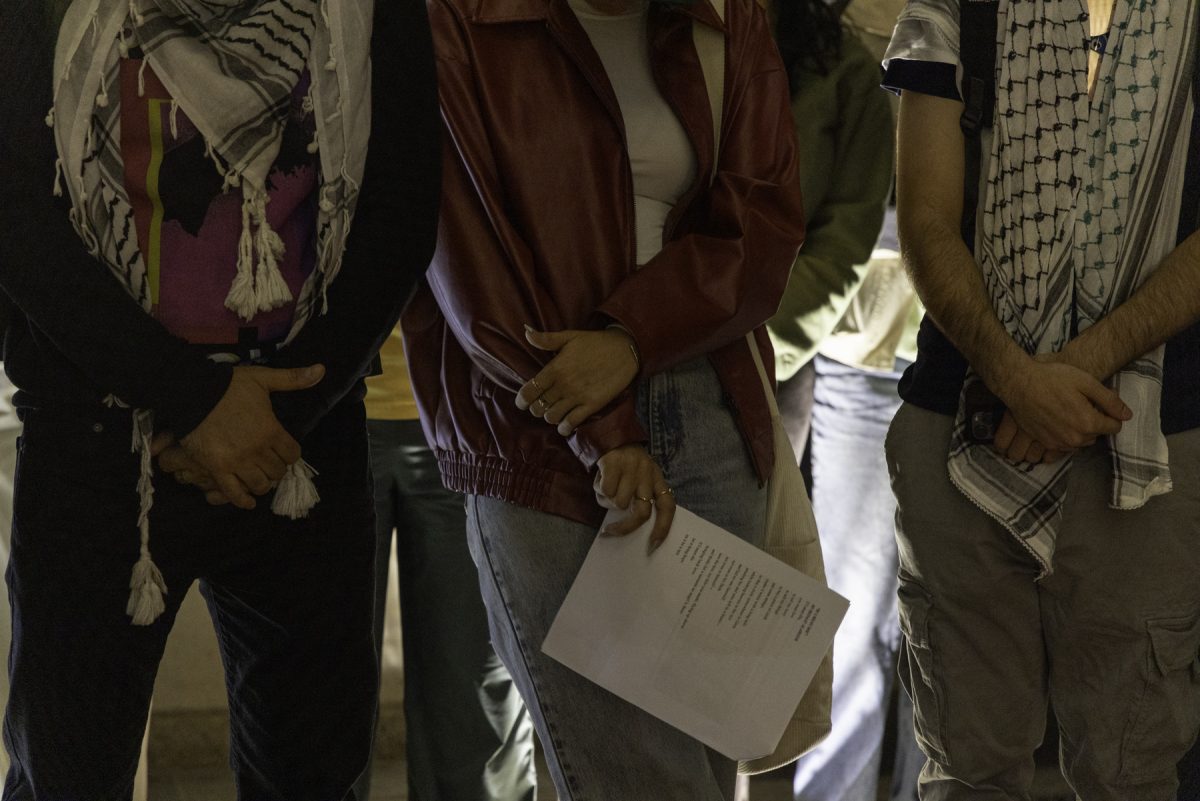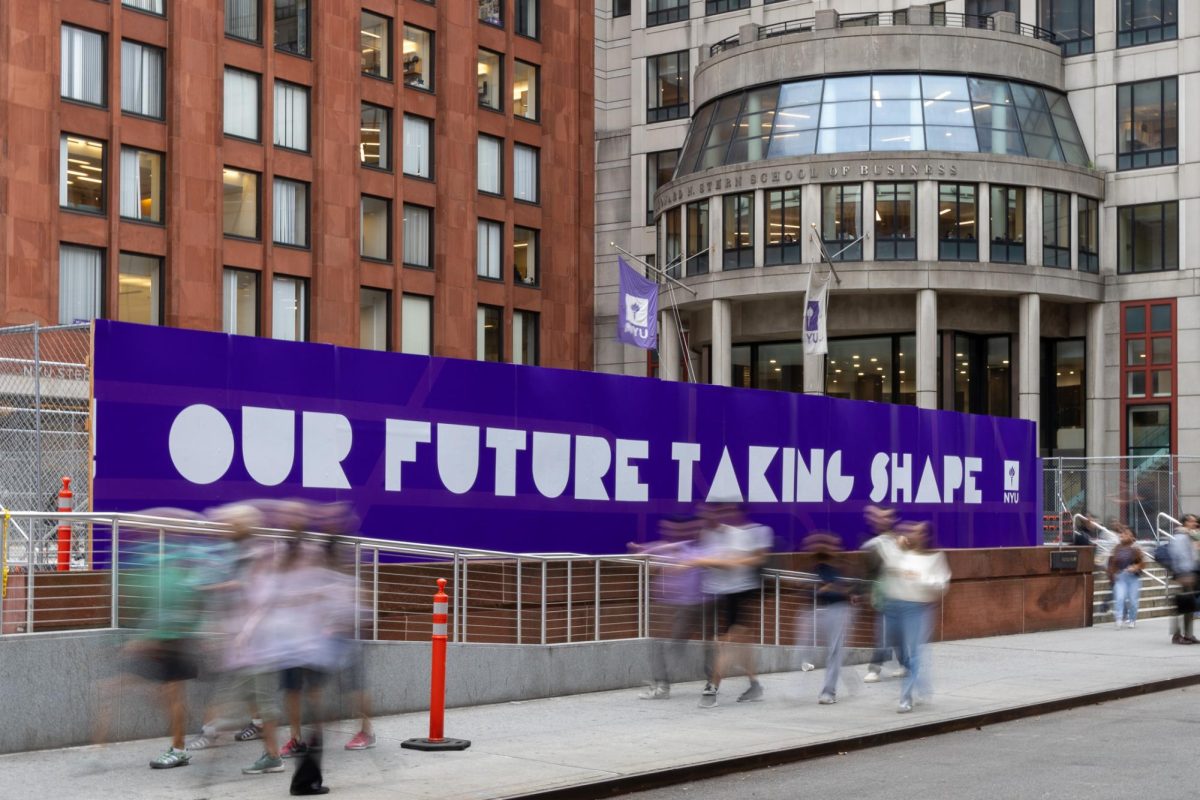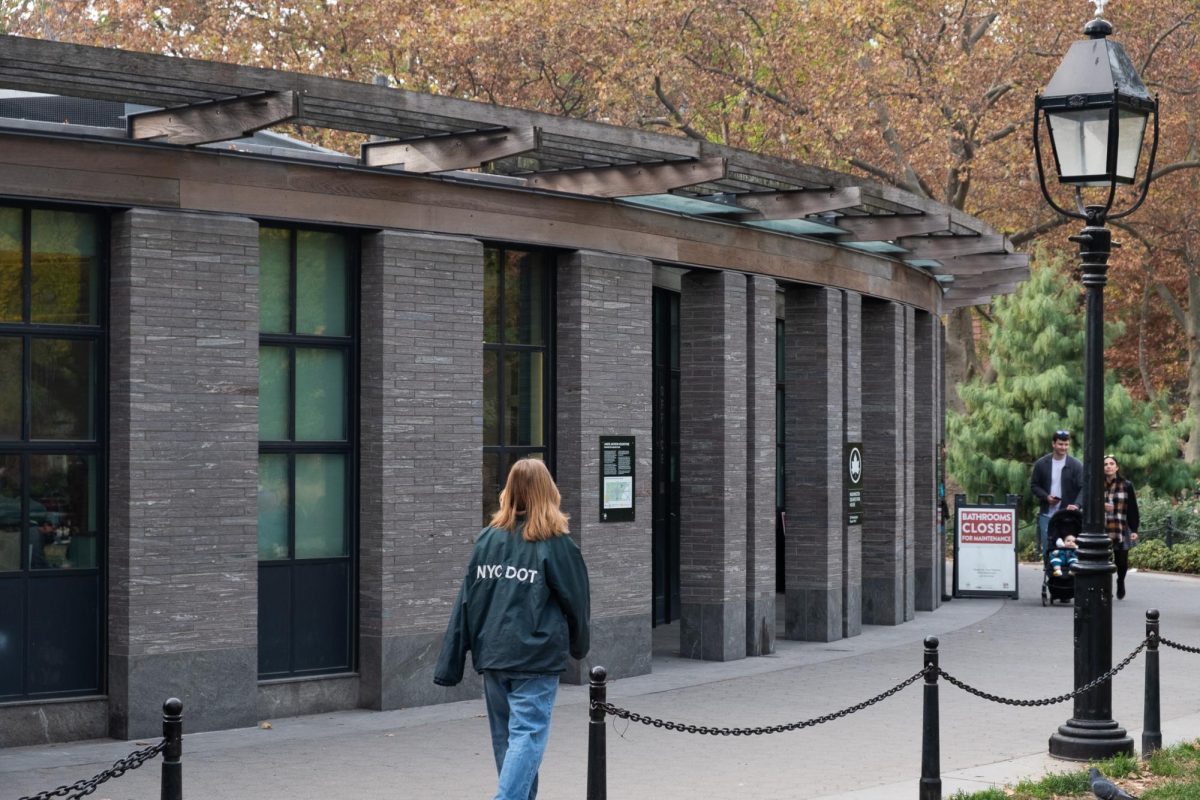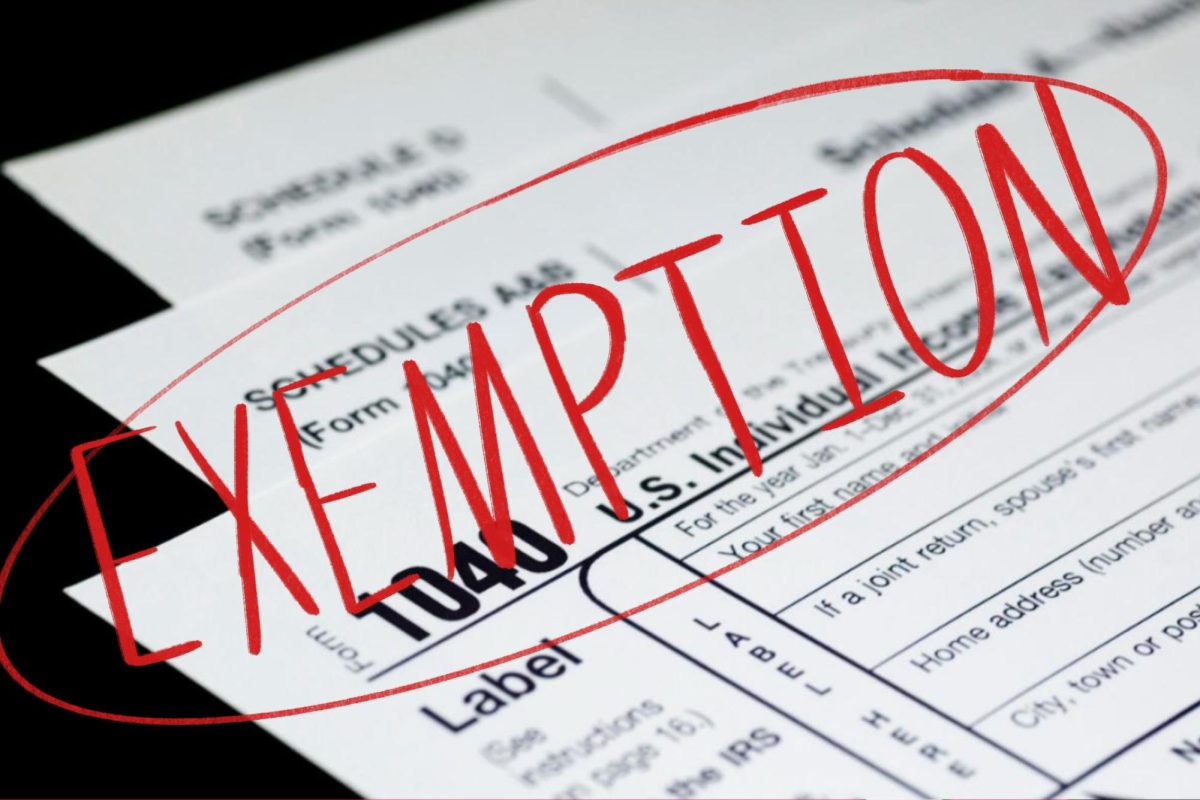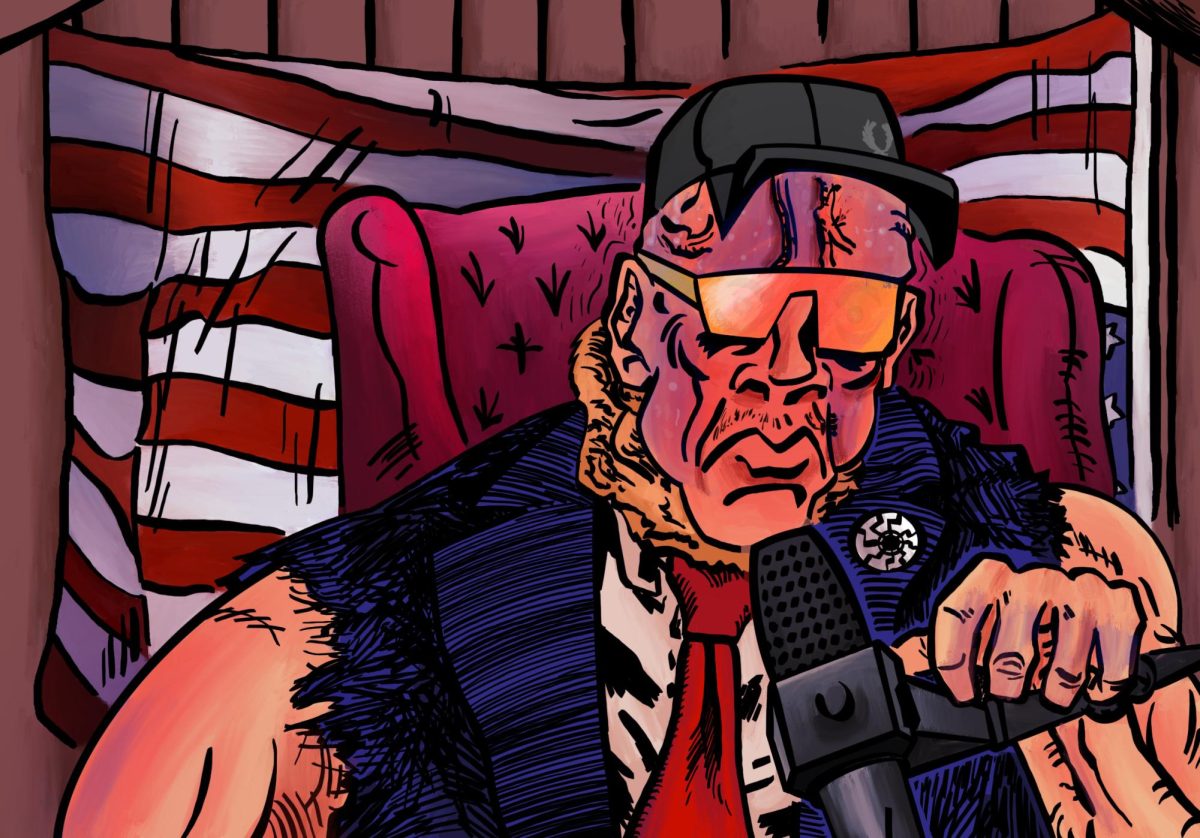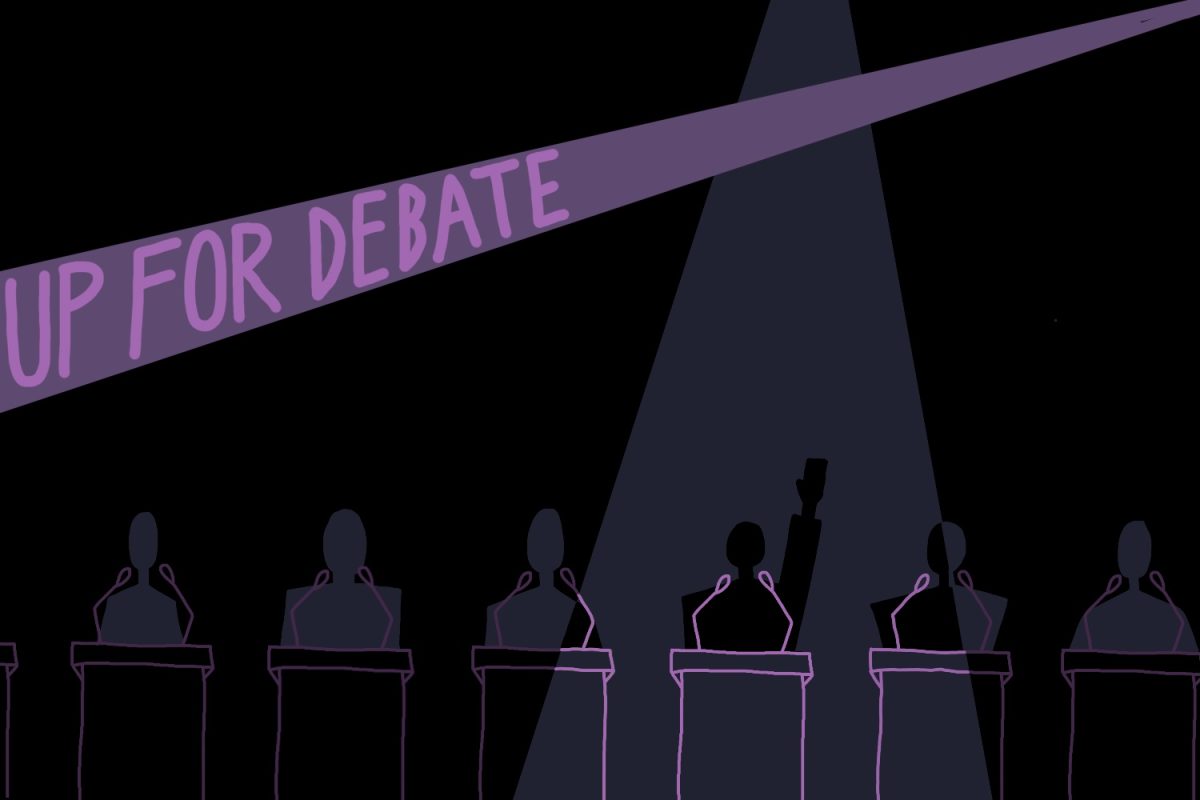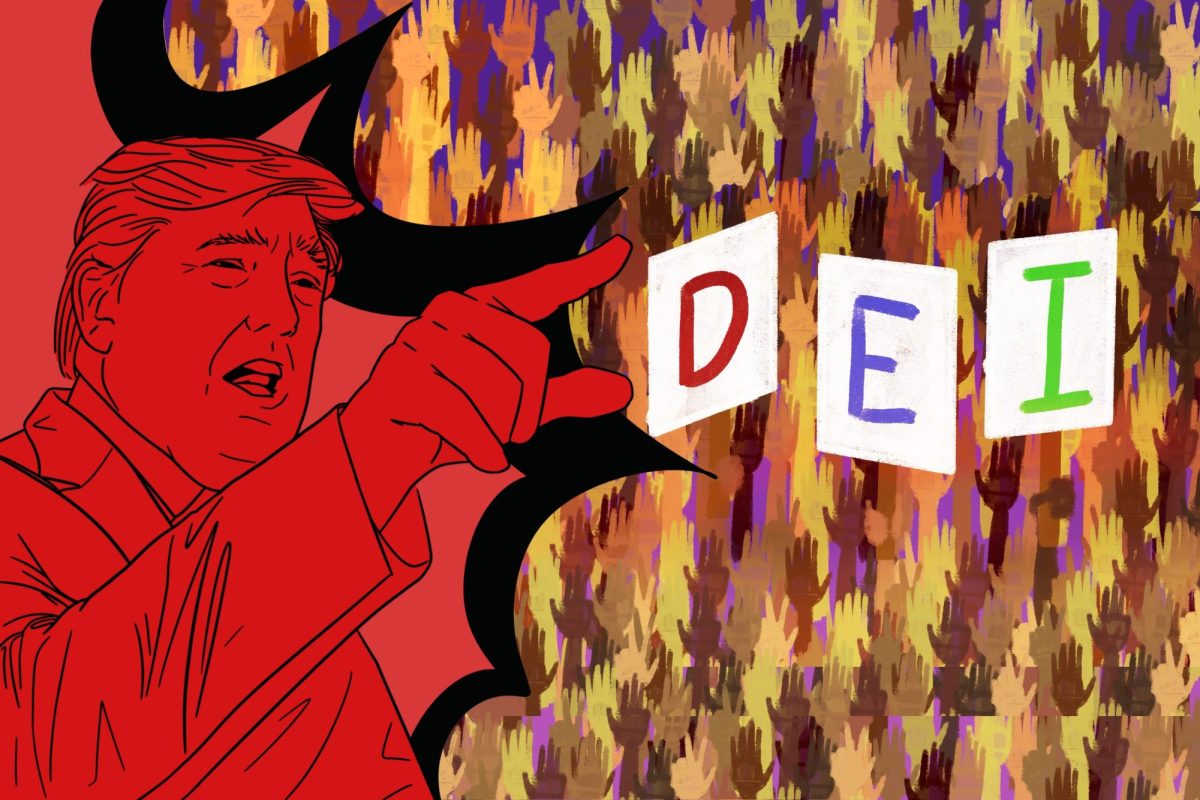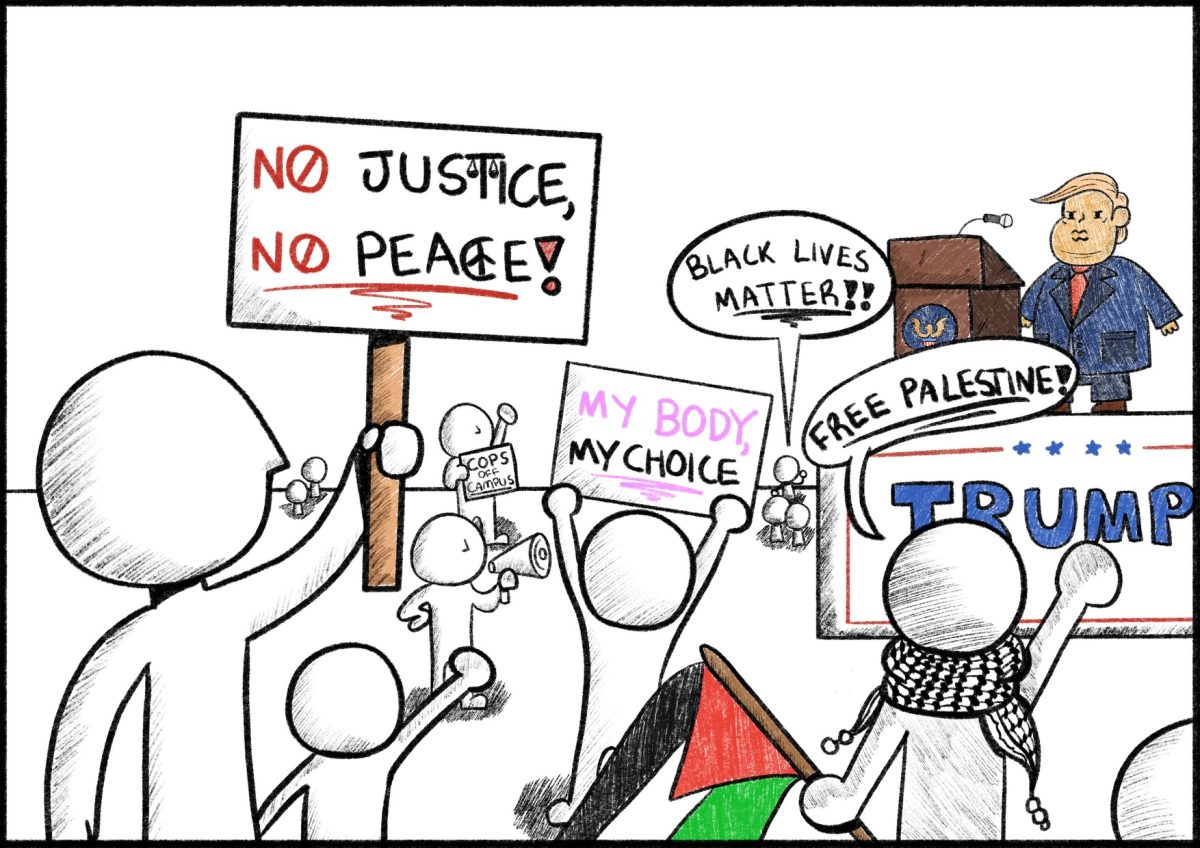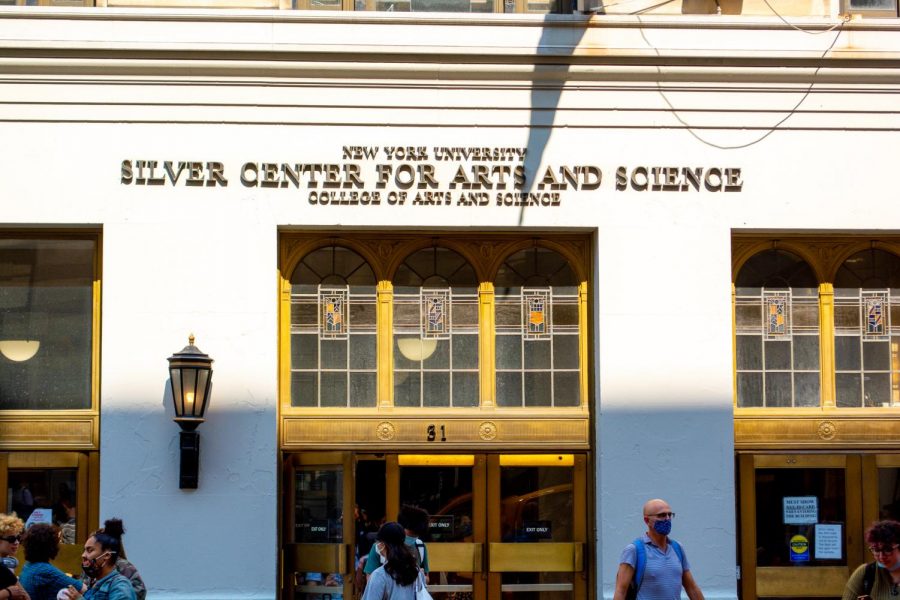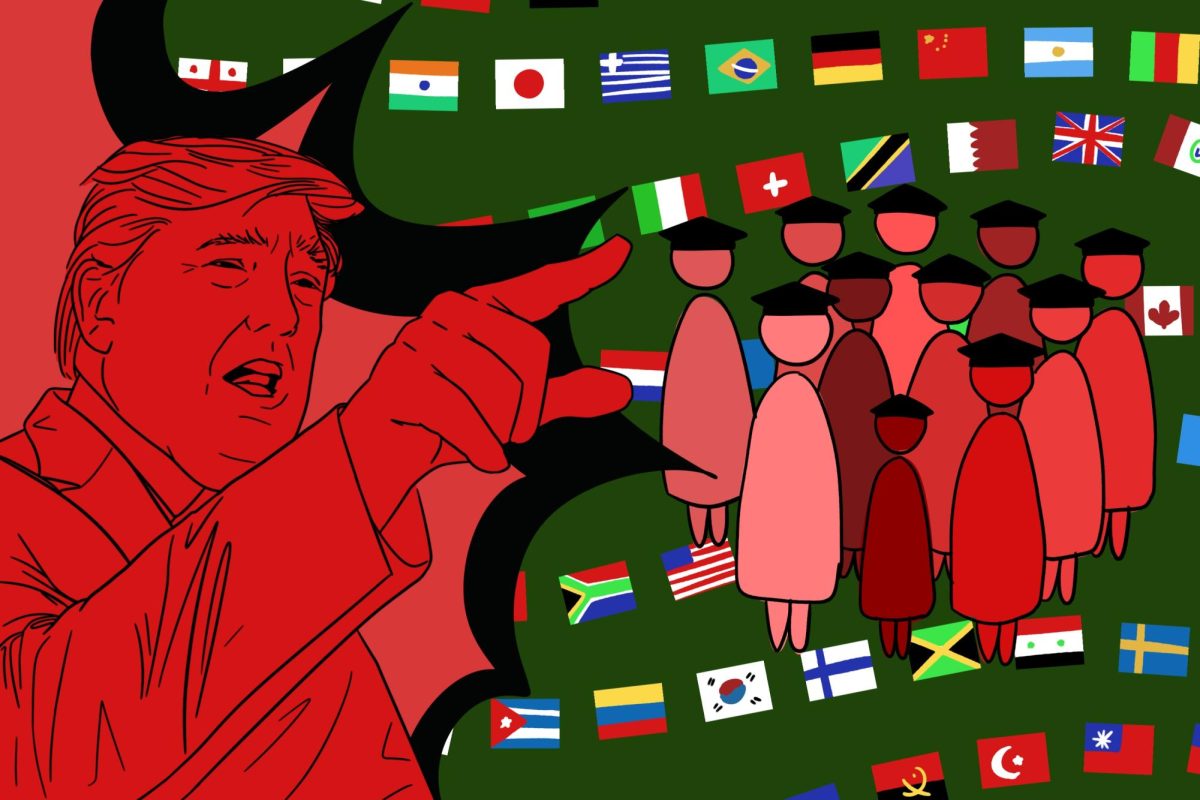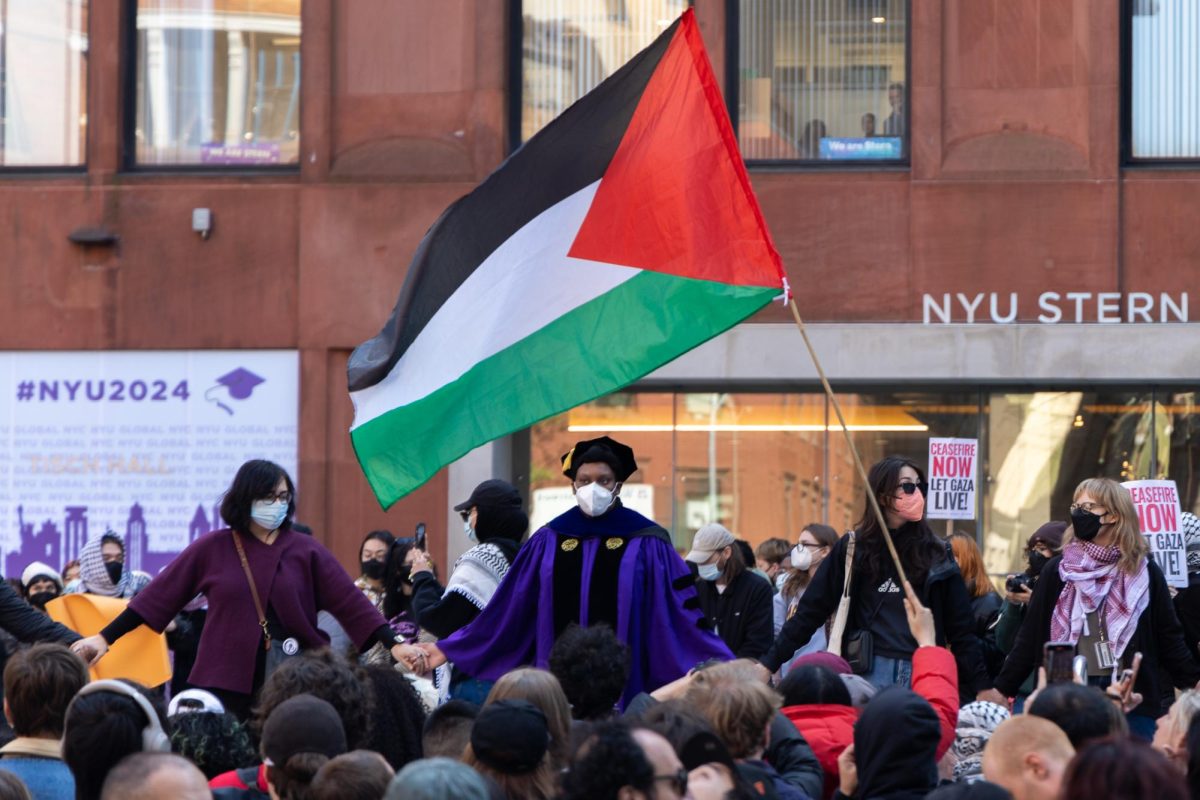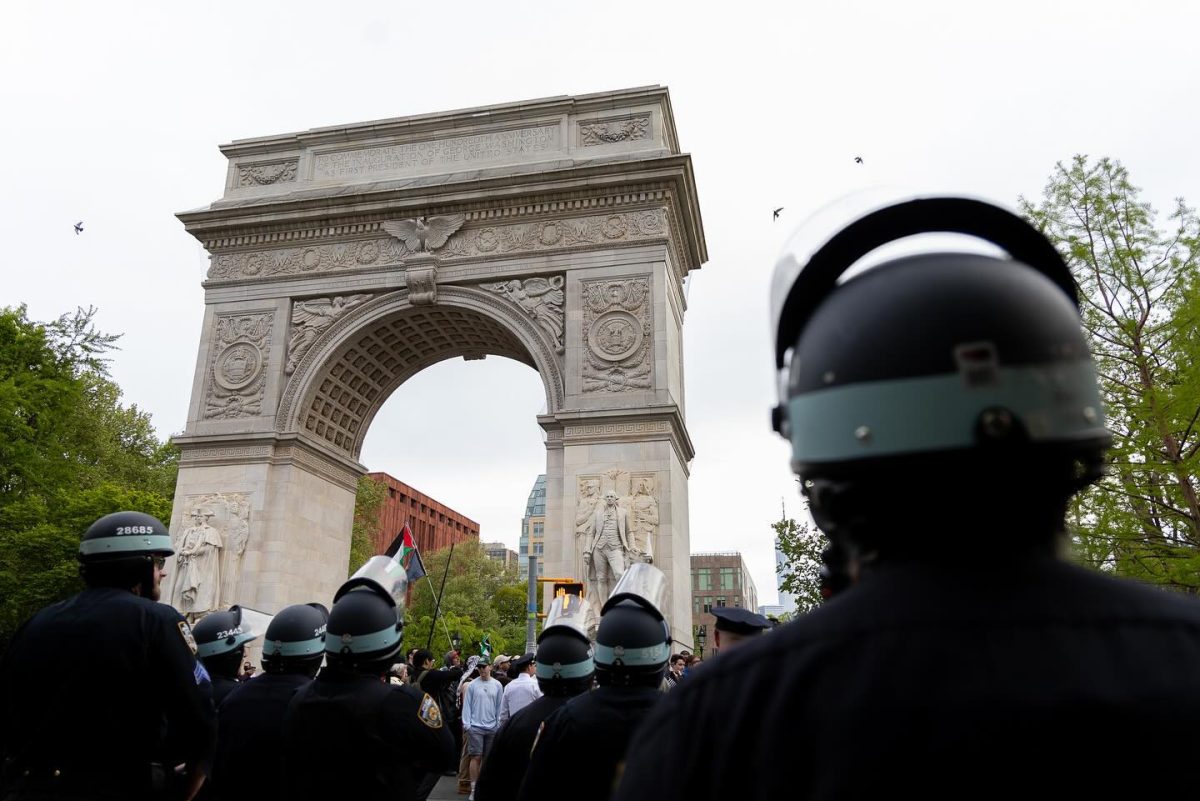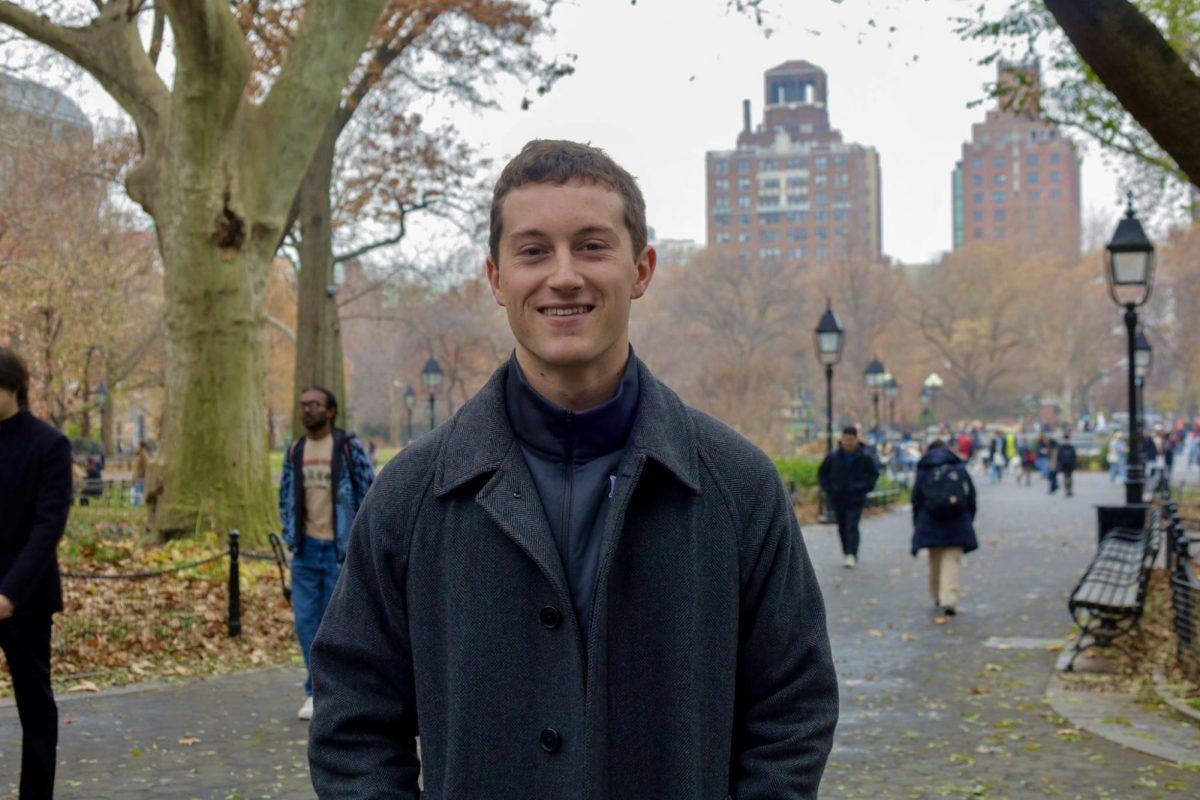Last week, a federal court in Florida upheld the state’s restrictive new early voting laws. The new law in Florida will cut the minimum number of early voting days before Election Day on Nov. 6. A similar law was recently struck down in Ohio, where the new law would have eliminated several early voting days.
Restrictive early voting and voter ID laws, which have swept the country over the course of the last year, have been touted by their supporters — mostly Republicans — as bastions against potential voter fraud.
Since the Bush v. Gore election court case of 2000, most Americans have found it easy to believe voter fraud still happens on a large scale in this country. But while we still have problems with voter fraud at high levels in the electoral system — ballot counting, for example — instances of voter fraud at the polling place are negligible.
The voter ID laws at least make sense on paper. Why shouldn’t one have to show an ID to vote? But the answer is simple. Because voter fraud almost never happens in the United States, making this an unnecessary restriction.
Proponents of the early voting and voter ID laws profess that they will inhibit voter fraud. But these laws can only protect against voter fraud at the polls, which isn’t a problem anyway. According to NYU’s own Brennan Center for Justice, the chances of a person committing voter fraud with a false ID is just as likely as being killed by lightning, but restrictive voter ID laws will nonetheless prohibit 10 percent of otherwise eligible Americans from voting. So we must ask: Why pass these laws in the first place? They fix a problem that does not exist while creating roadblocks to voting for hundreds of thousands of Americans.
Allegations have come forth that these laws are most likely to hurt low-income and minority Americans, who are far more likely to vote early or to not have a valid photo ID. It seems clear that the laws, almost all of which are backed by Republicans in state legislatures, are aimed at discouraging prototypcial Democratic voters.
In response, the Democratic Party has filed lawsuits around the country to try to get the laws repealed, or at least blocked, in time for the election. The Obama campaign succeeded in getting the Ohio early voting law struck down, but Rep. Corinne Brown was less successful in Florida, where early voting restrictions were upheld. The highly restrictive voter ID law in Pennsylvania is pending review by yet another court.
Democratic candidates and representatives are fighting against these laws ostensibly because the fewer minority and low-income voters who get to the polls, the fewer votes these candidates will receive. But in Florida, early voters have generally leaned Republican. It seems that no matter whom these laws affect, there are some people in our government who will strive to ensure that not every citizen has the right to vote.
A version of this article appeared in the Monday, Oct. 1 print edition. Jess Littman is a staff columnist. Email her at [email protected].


